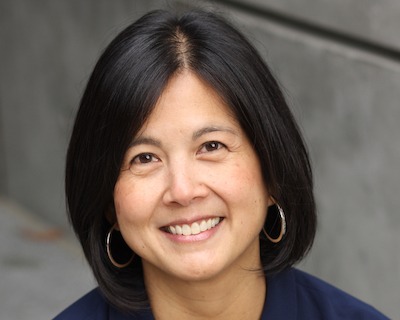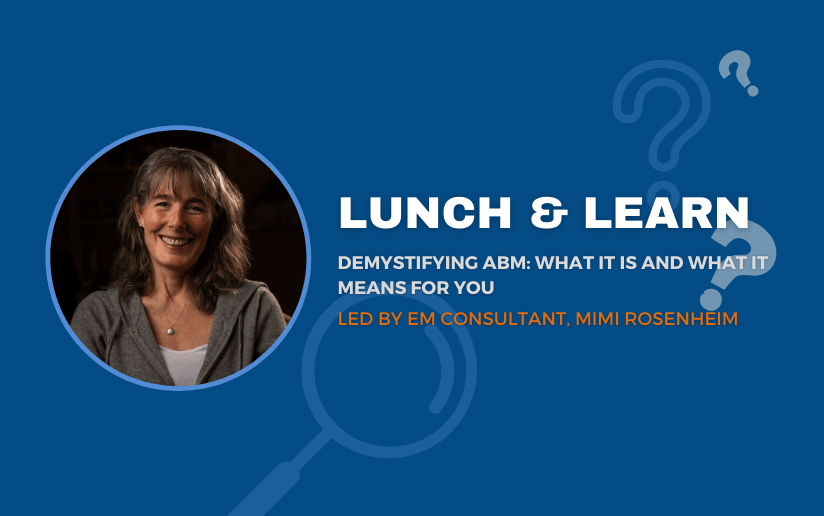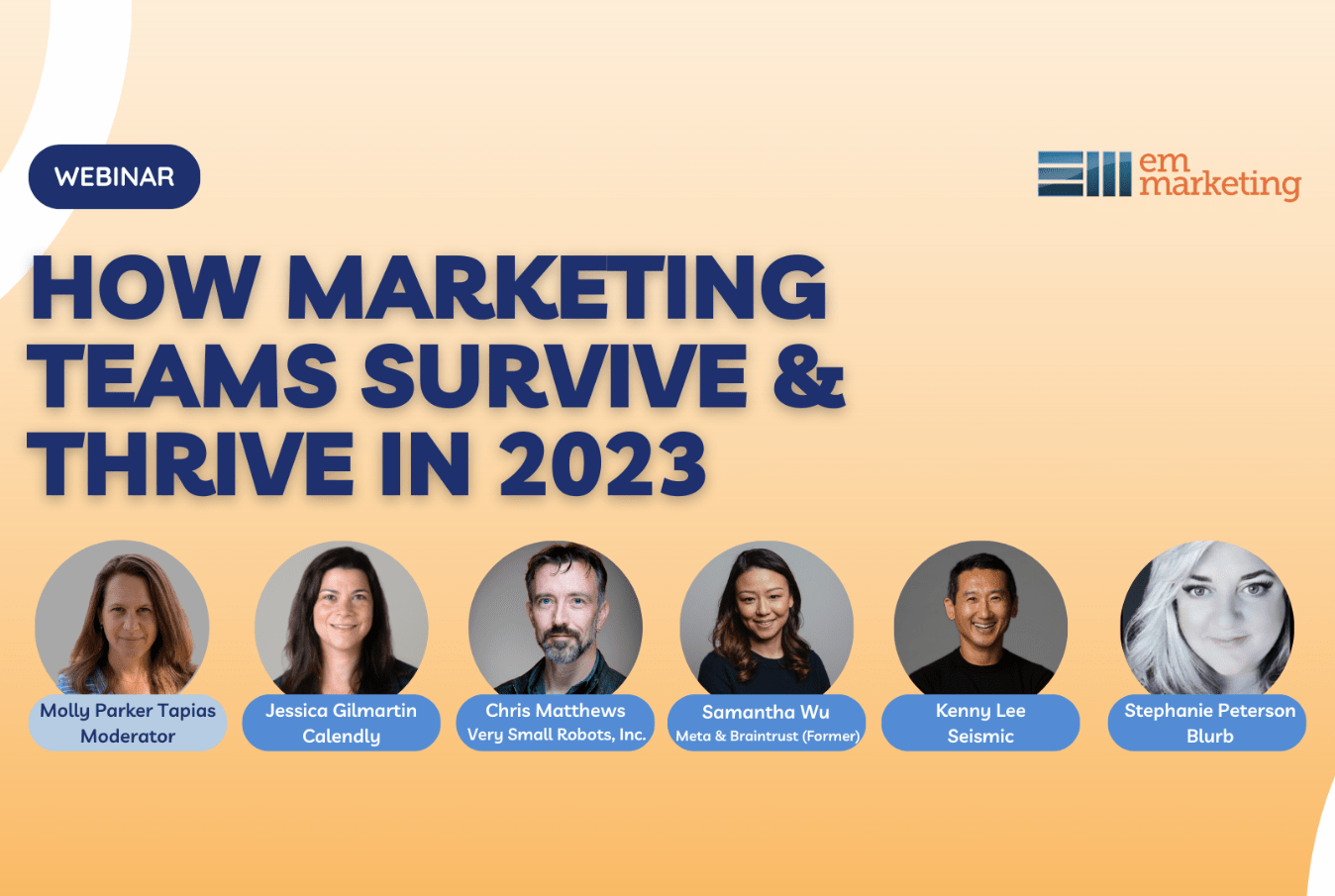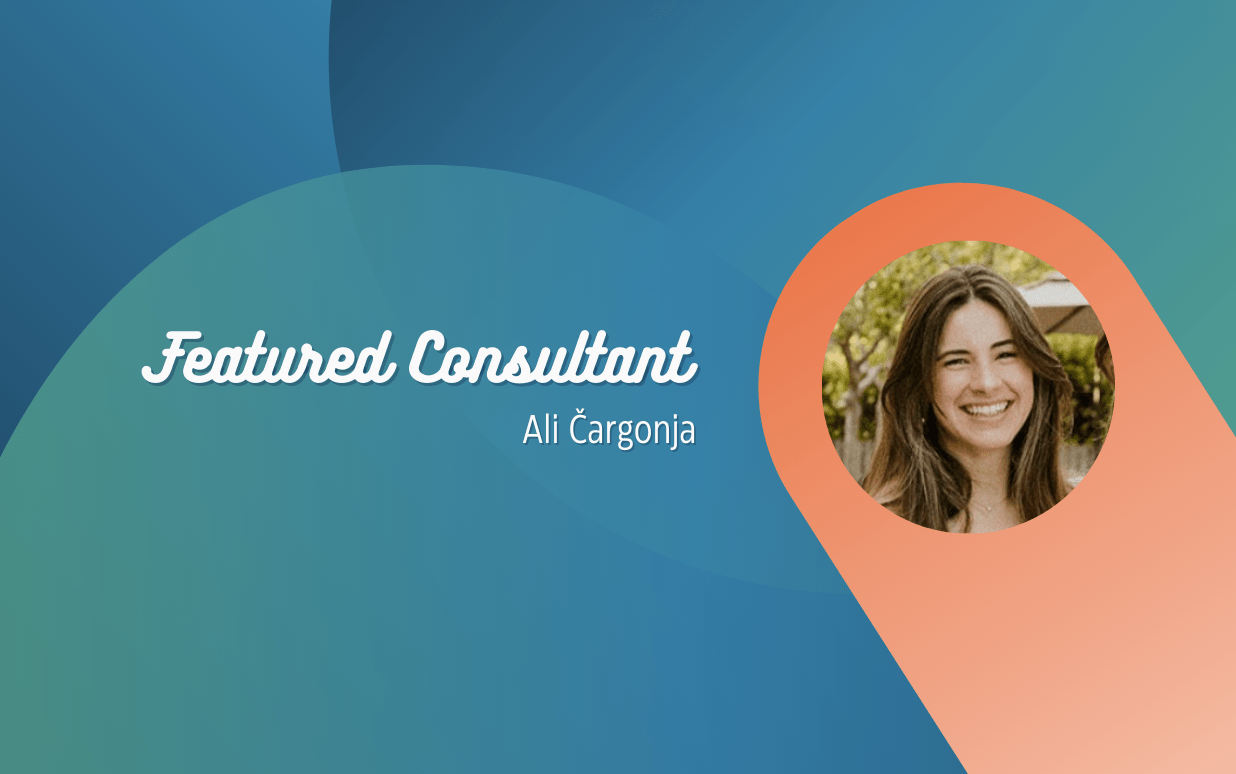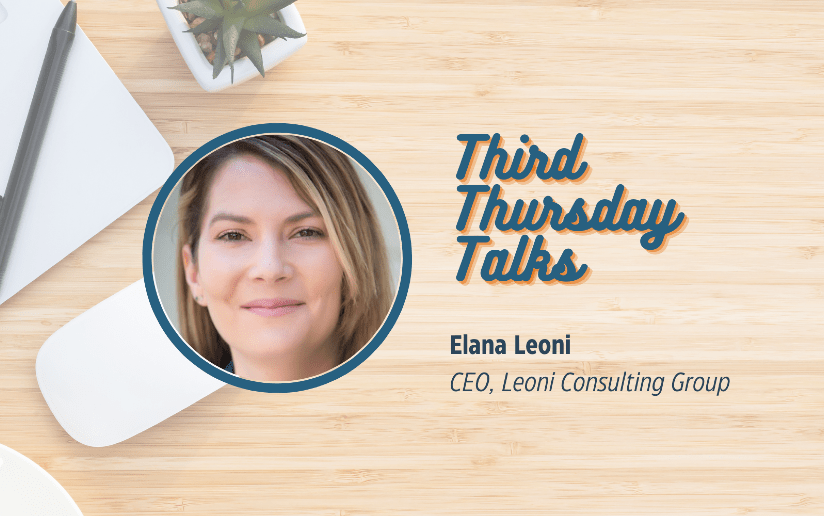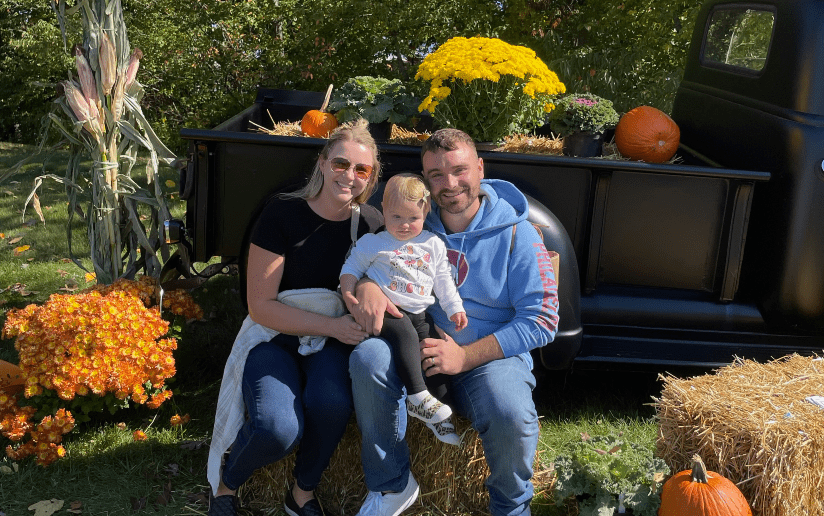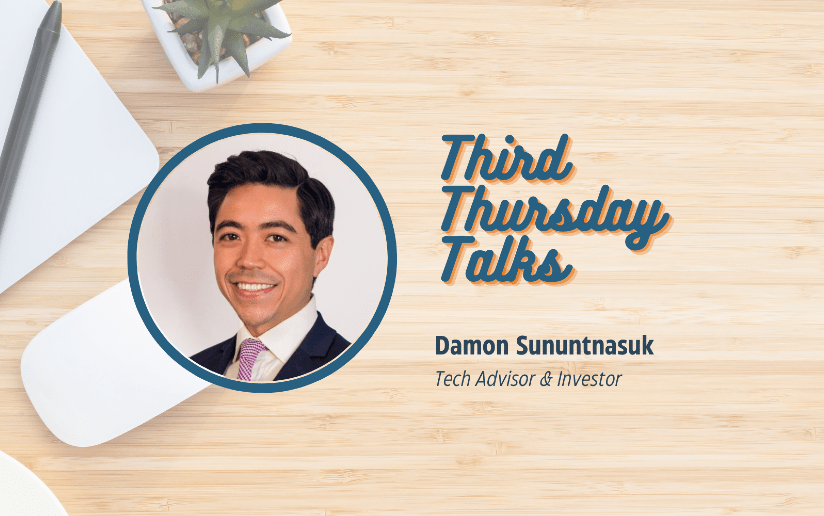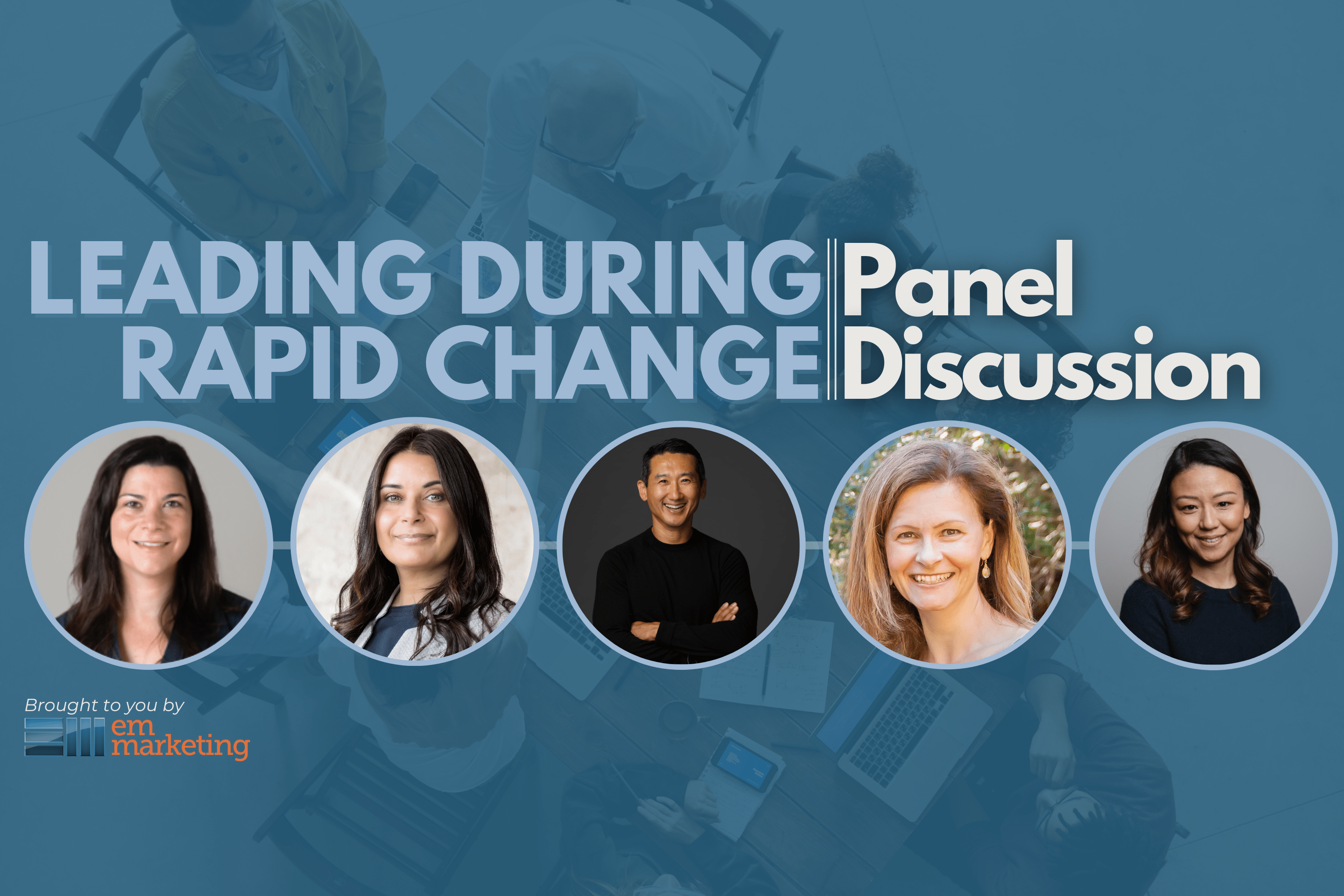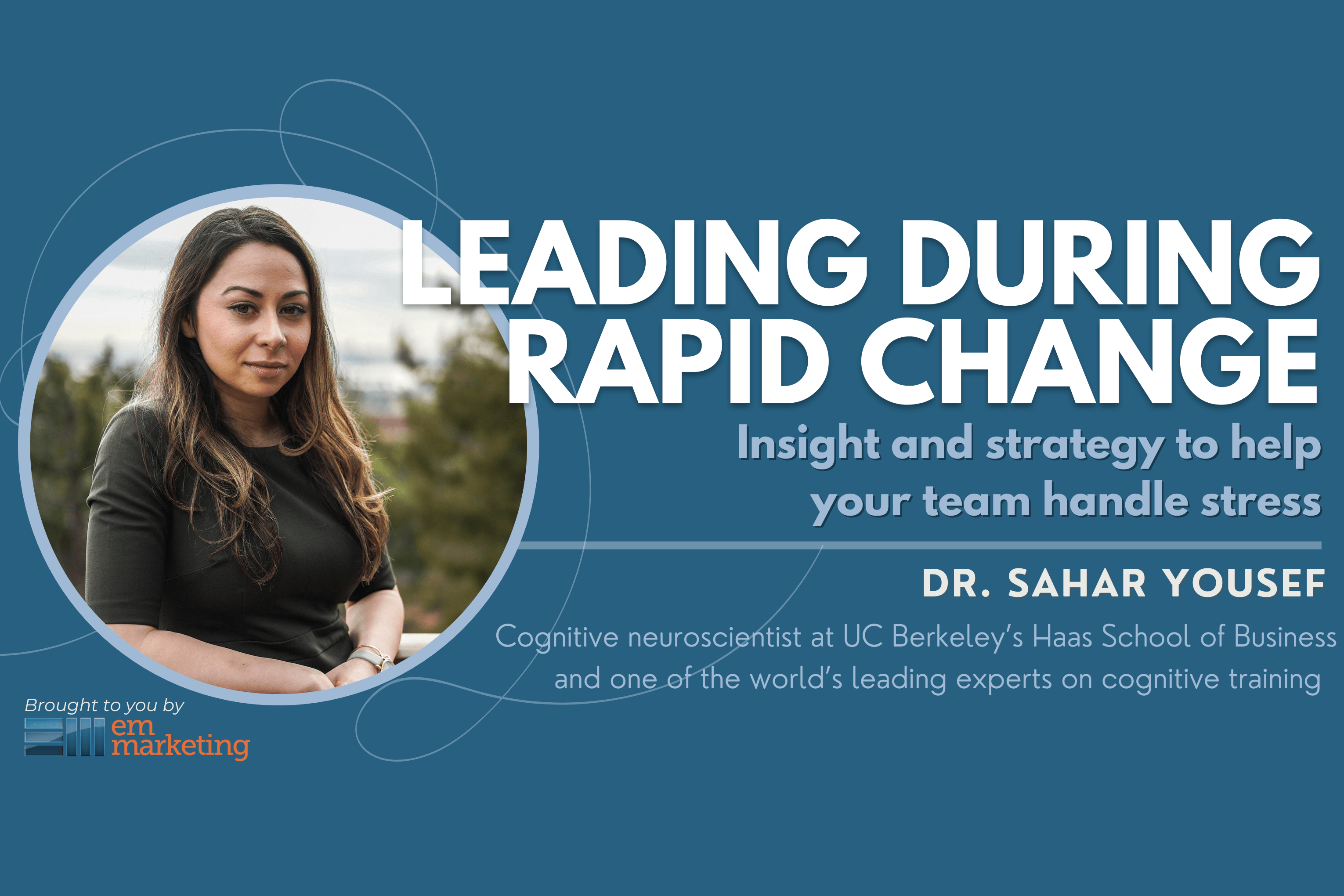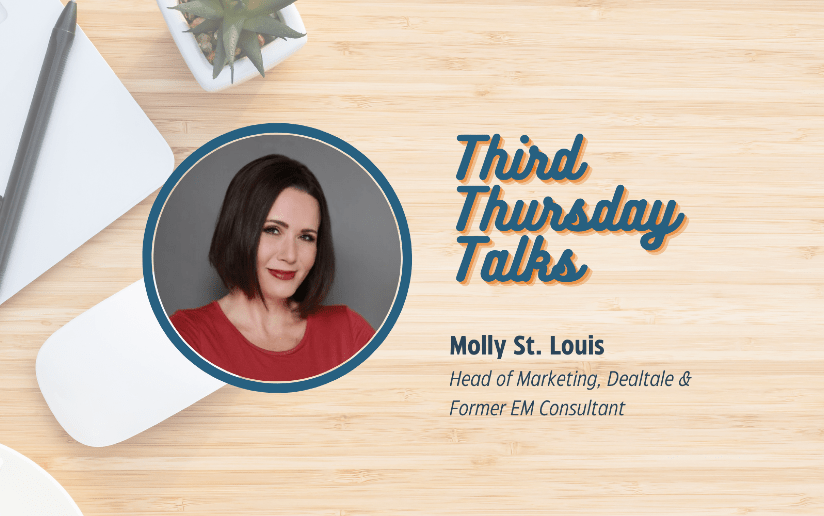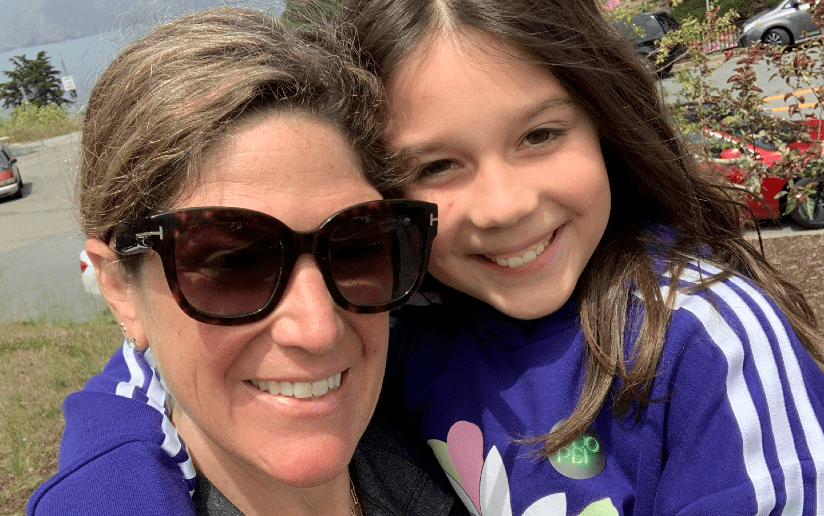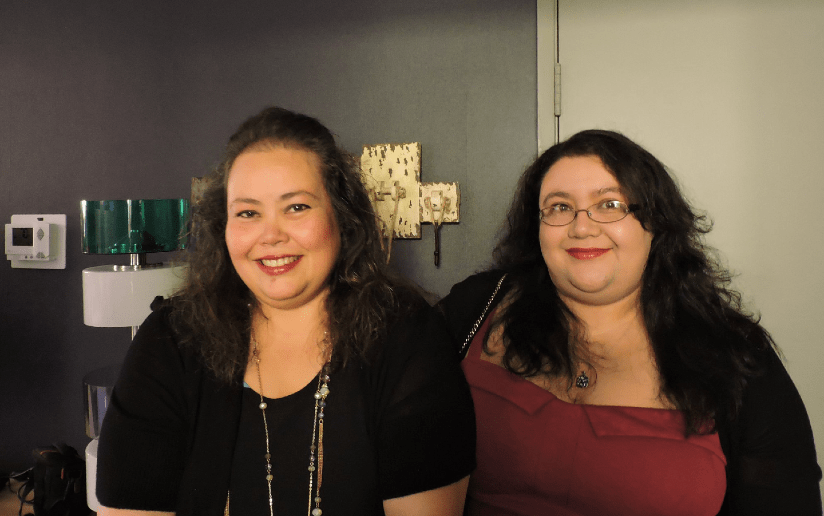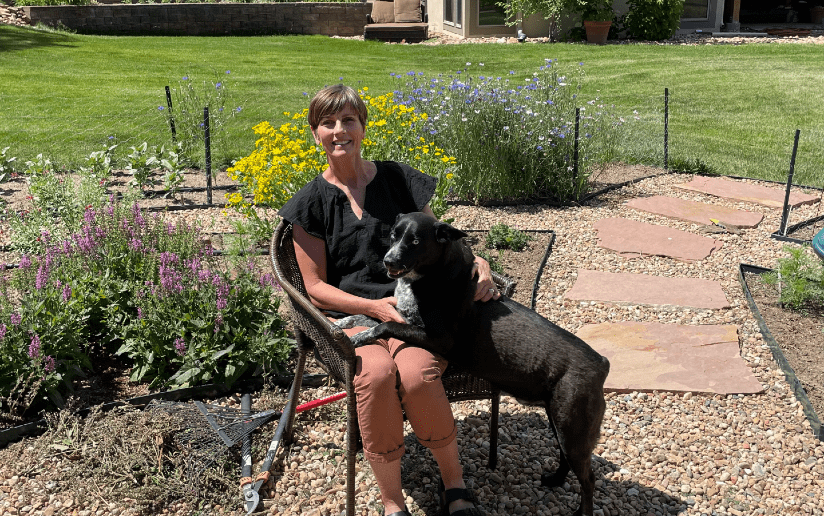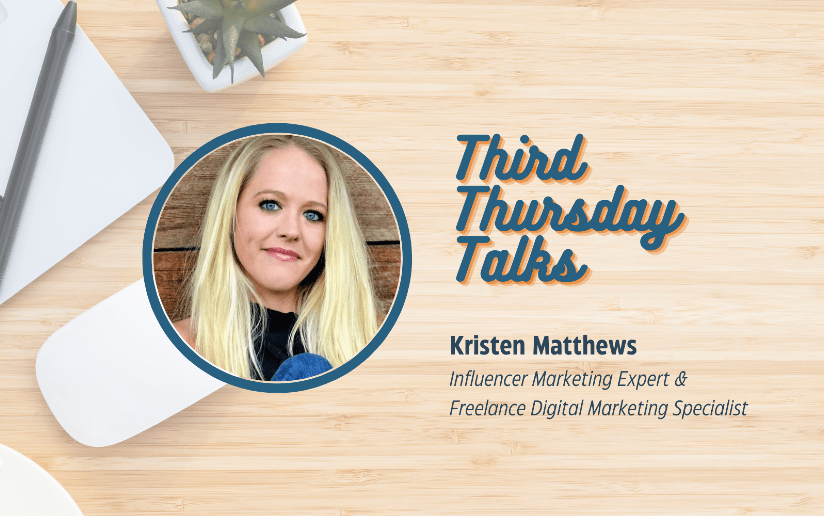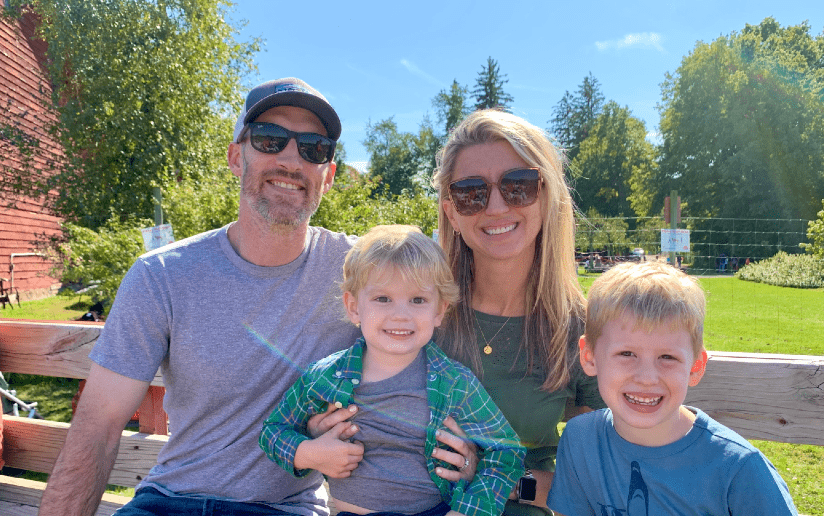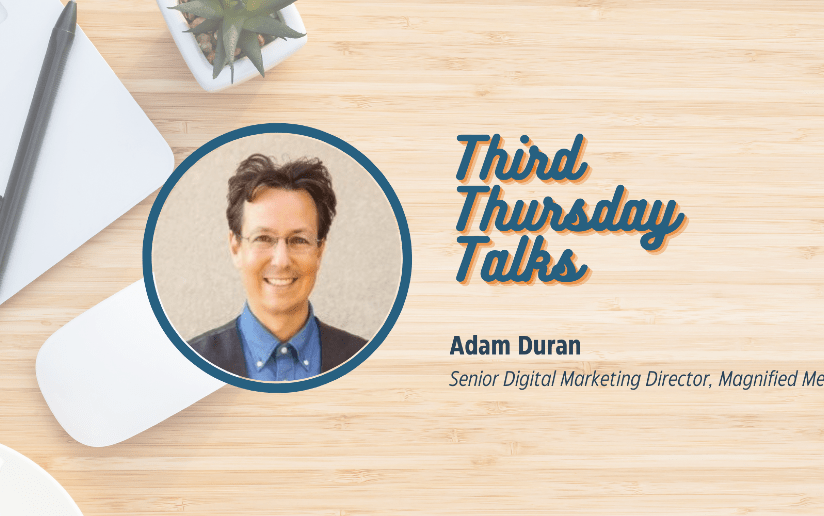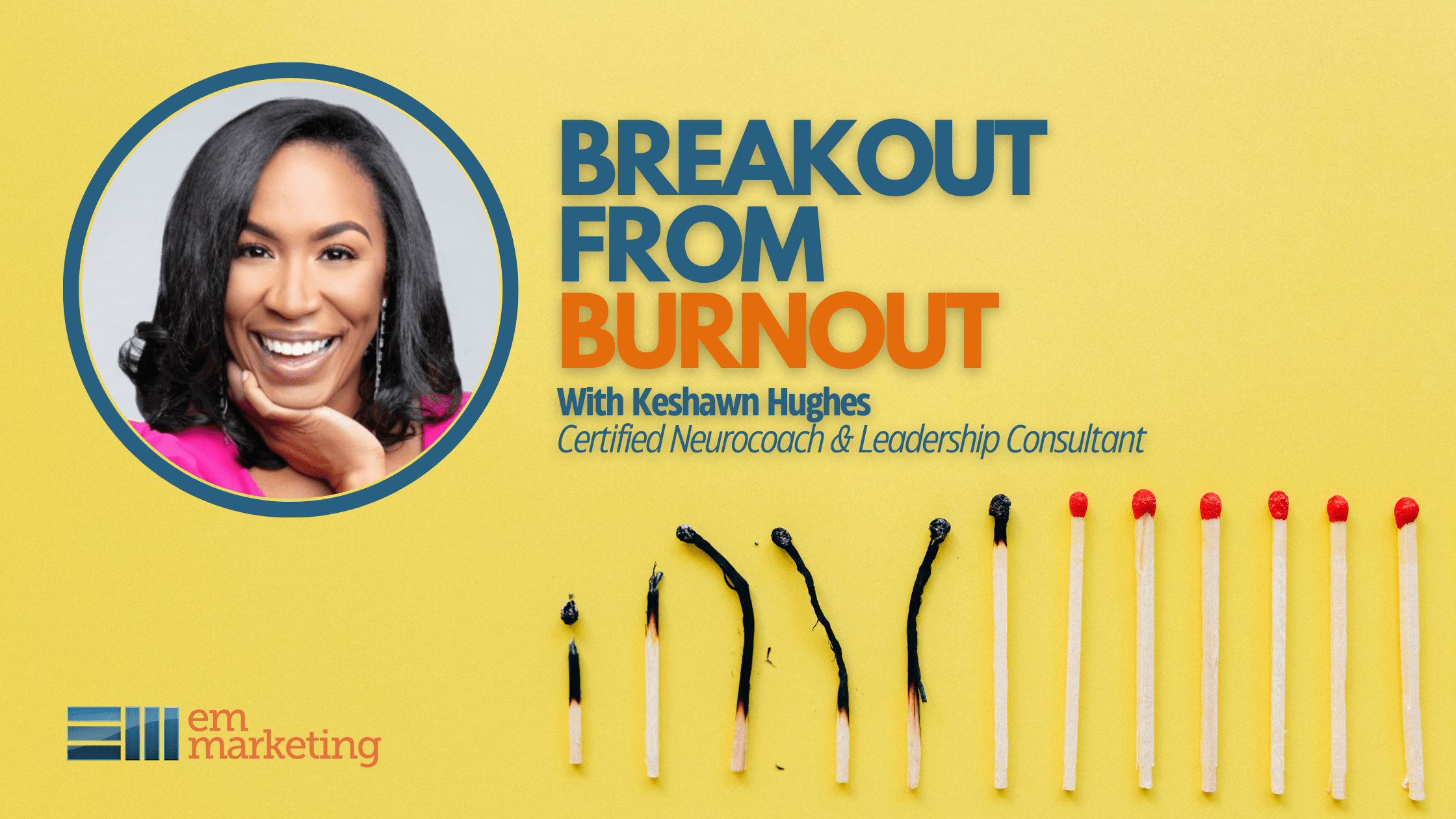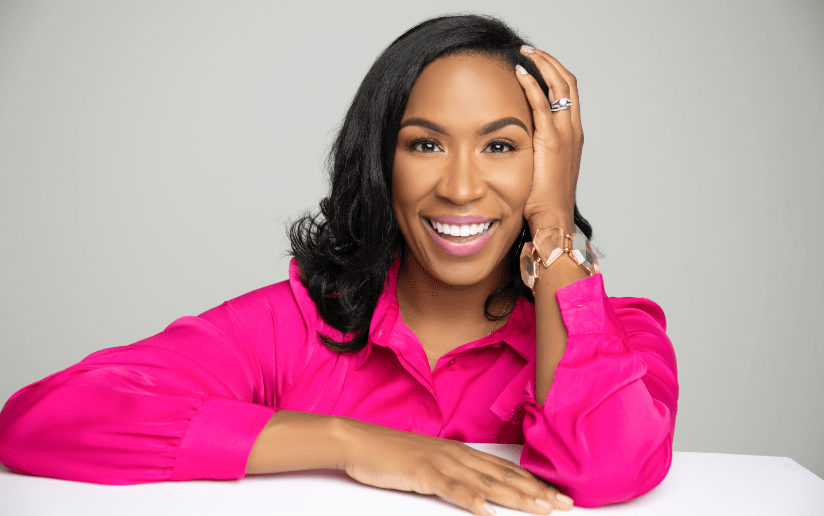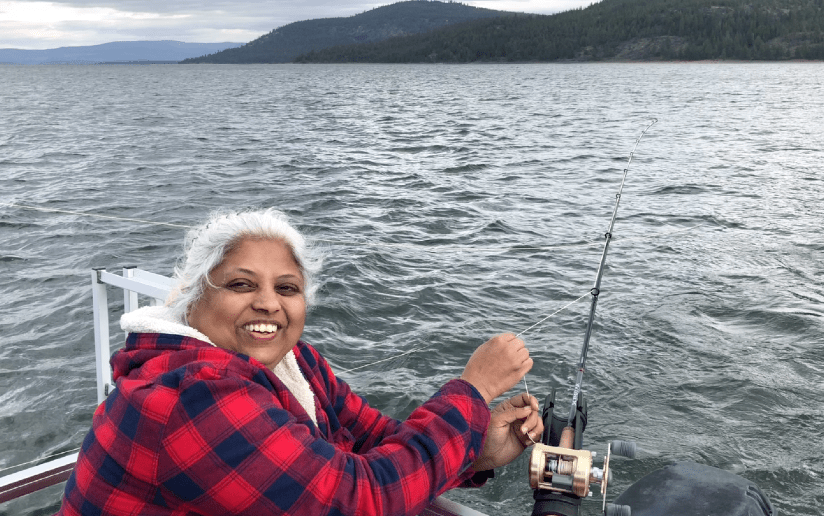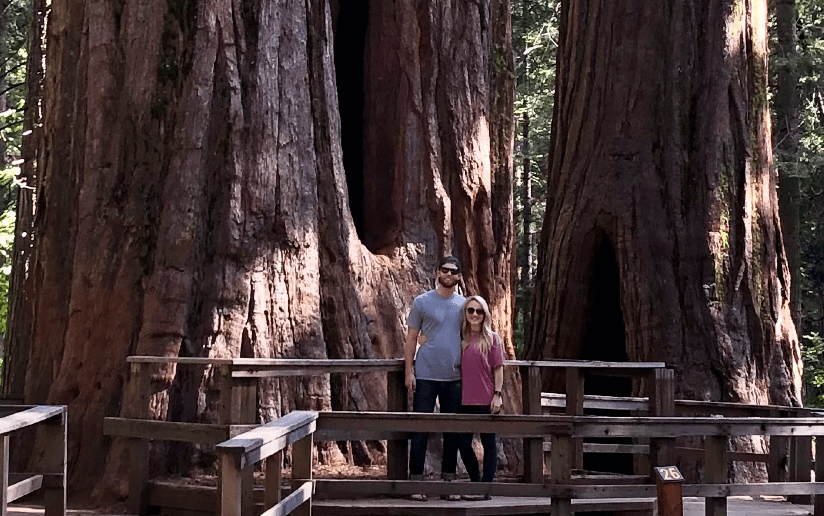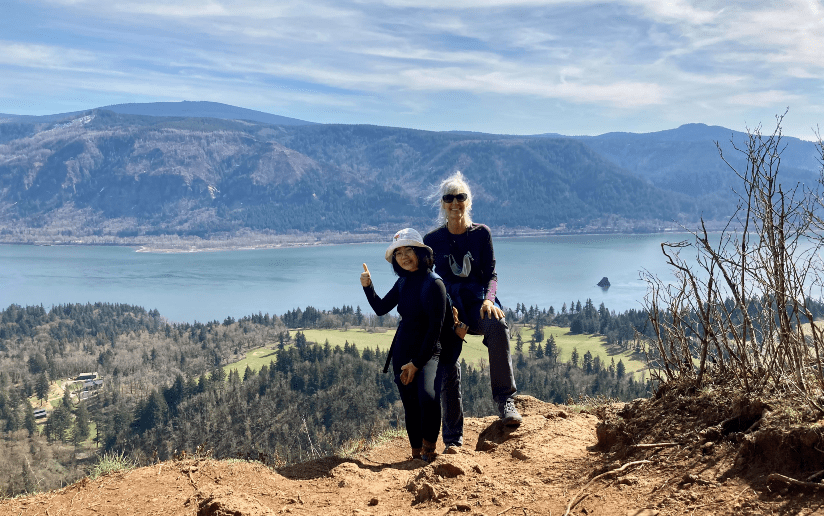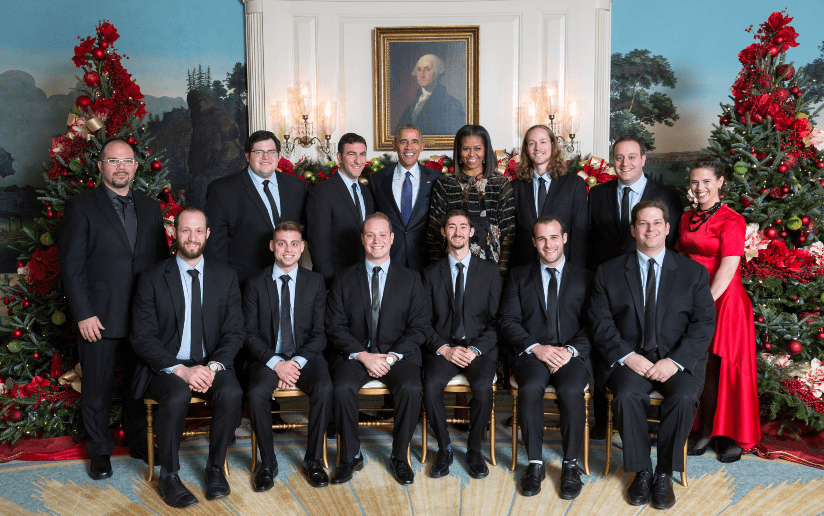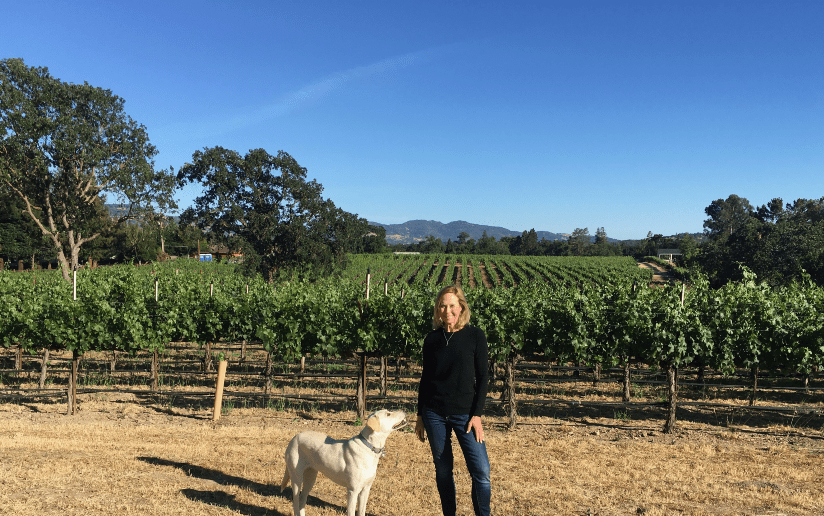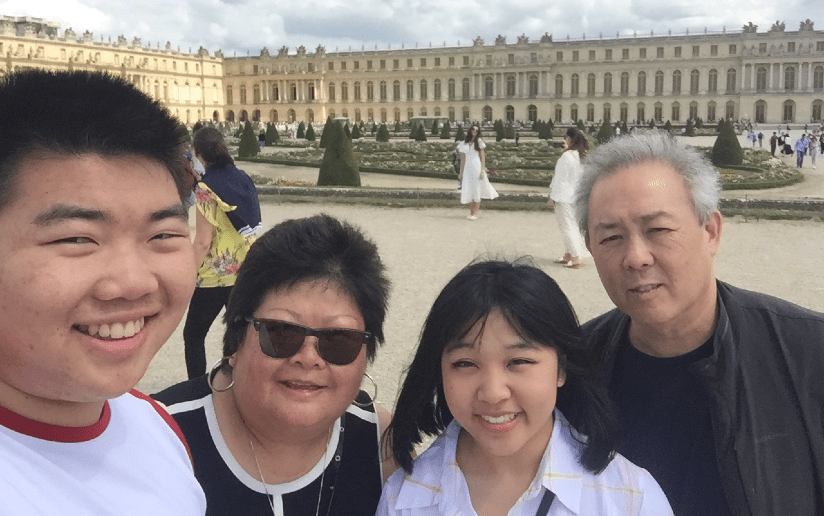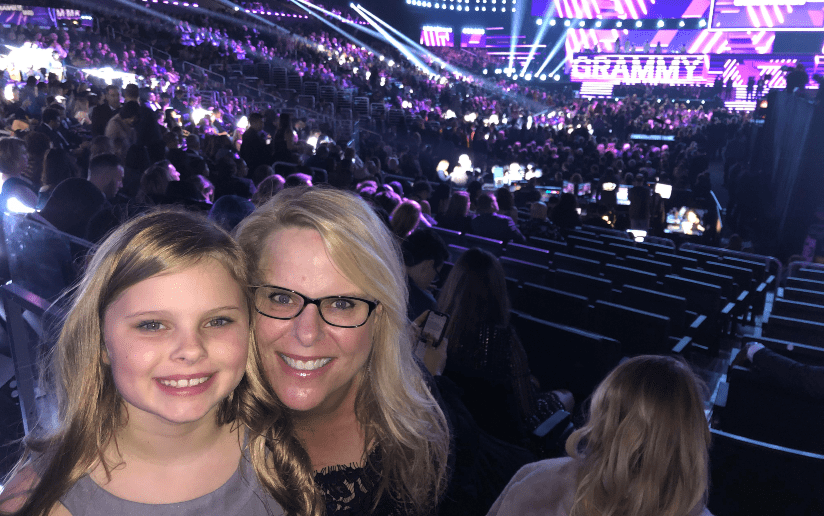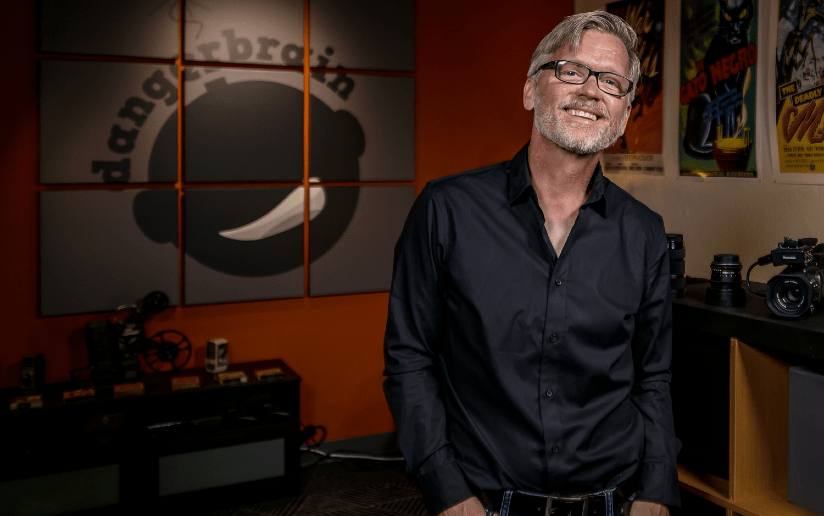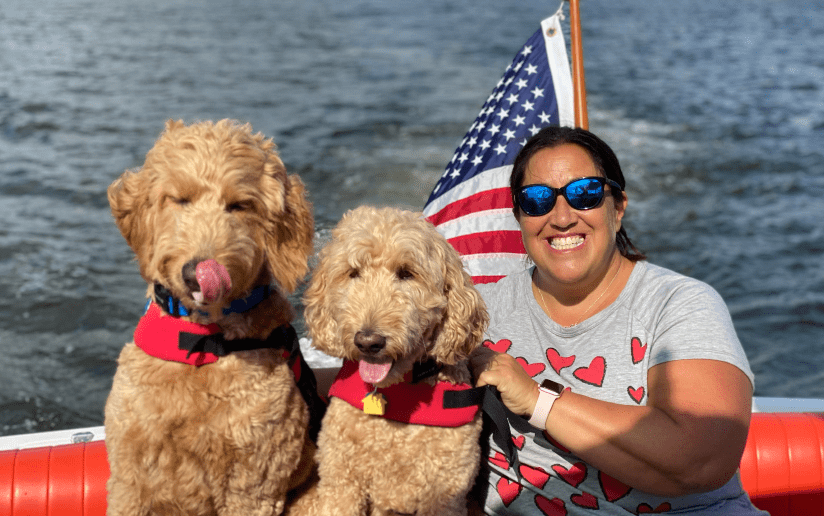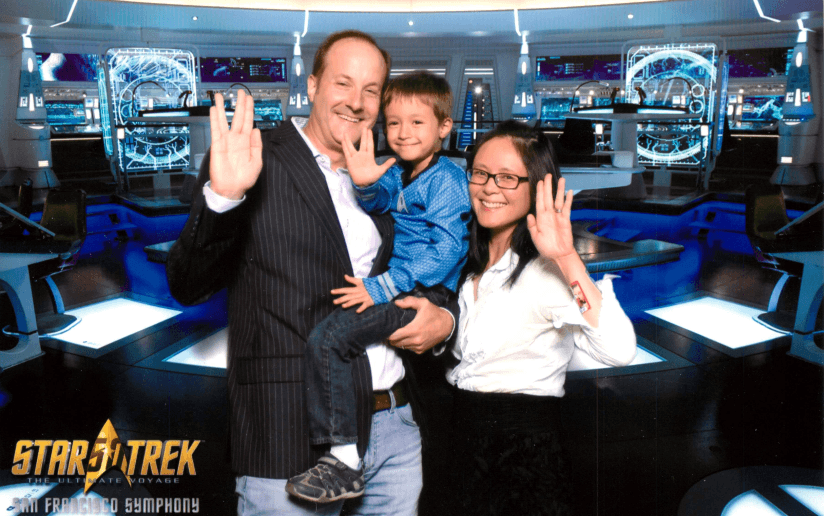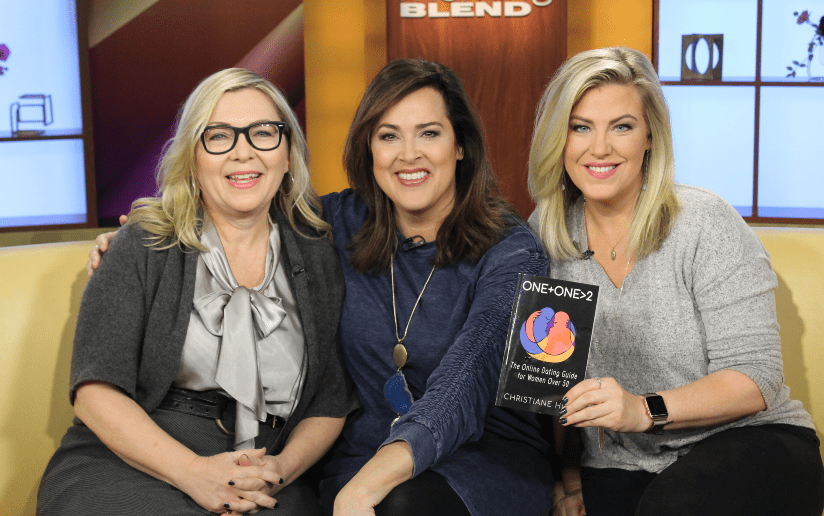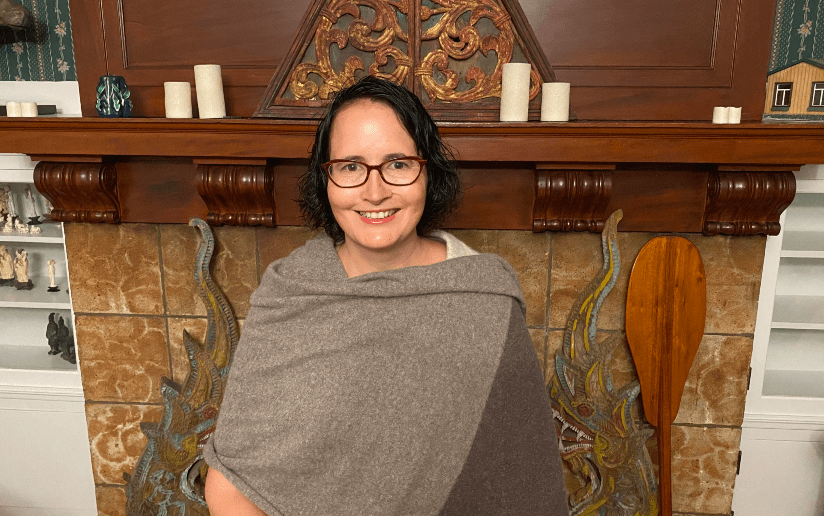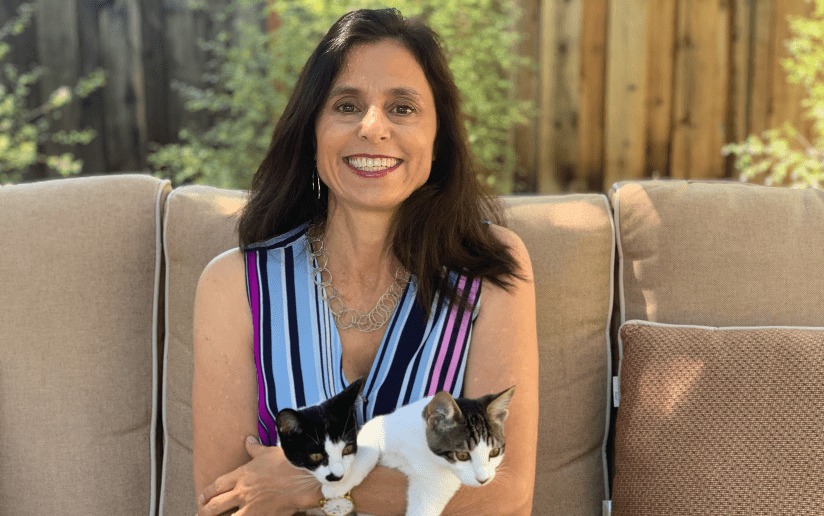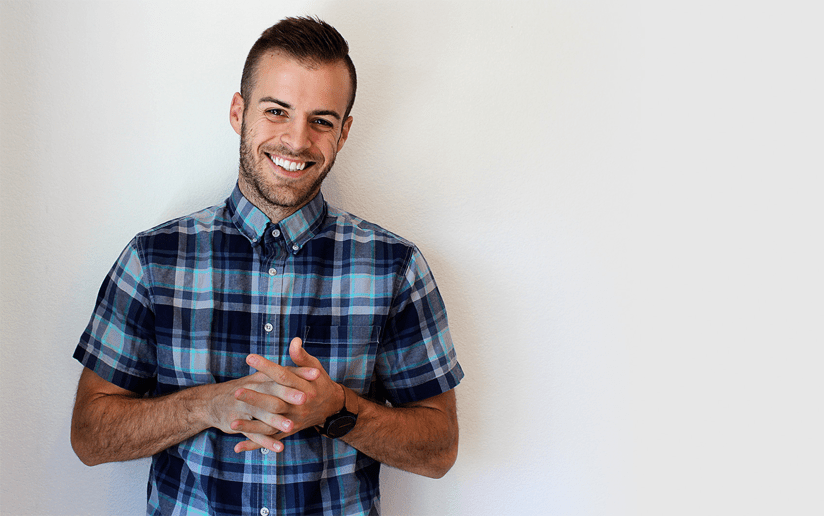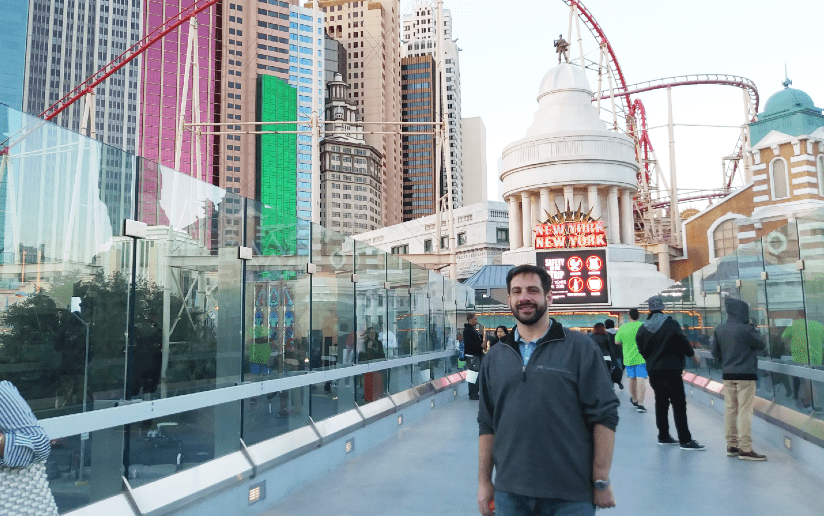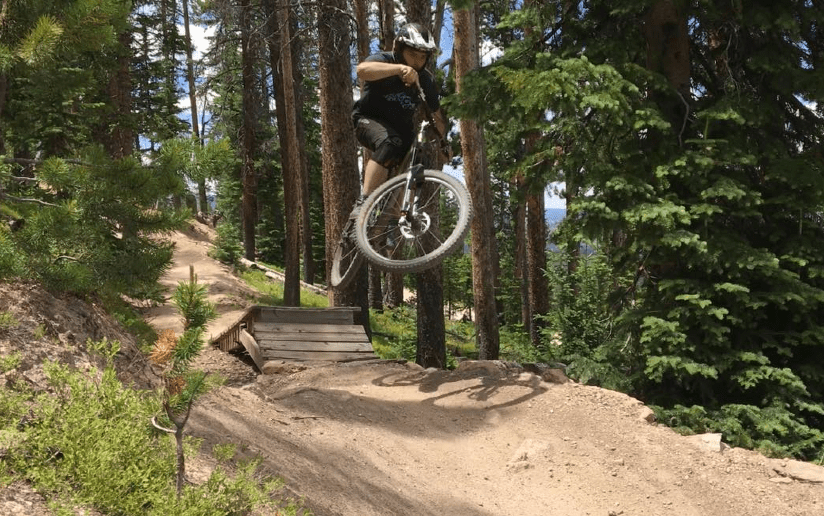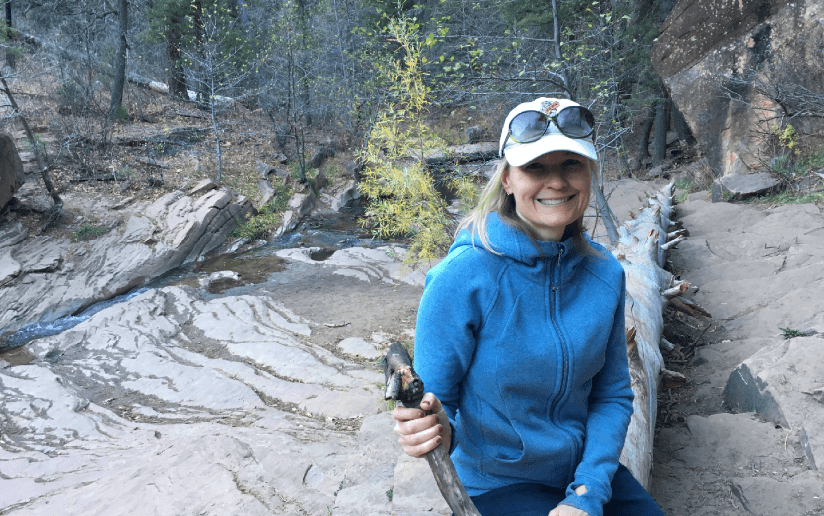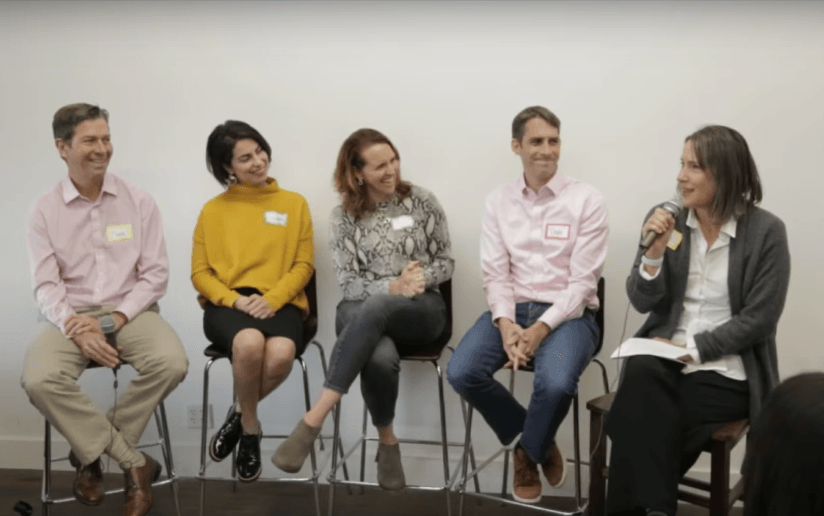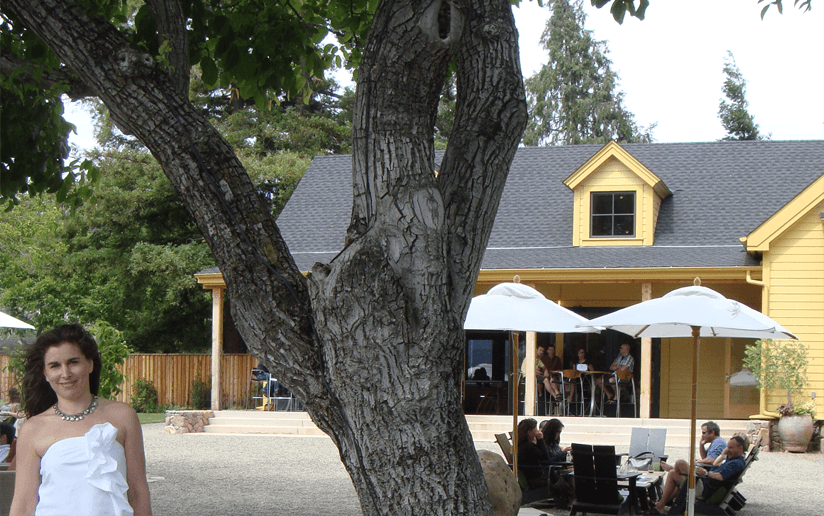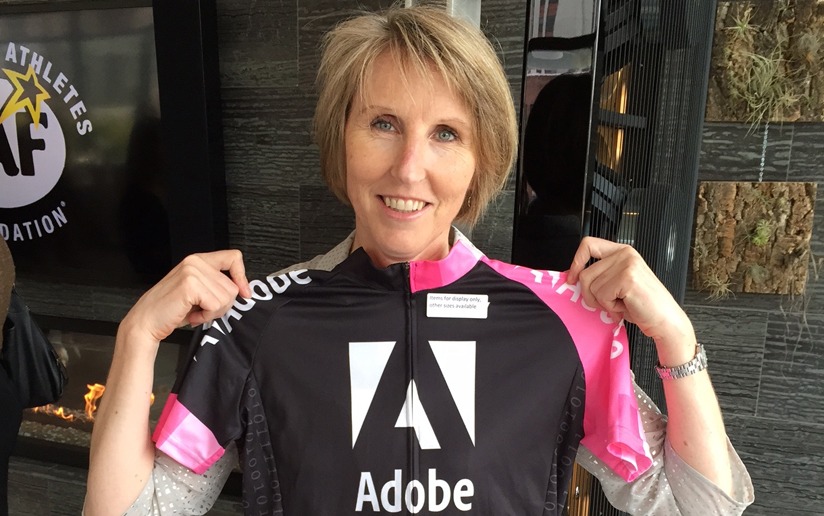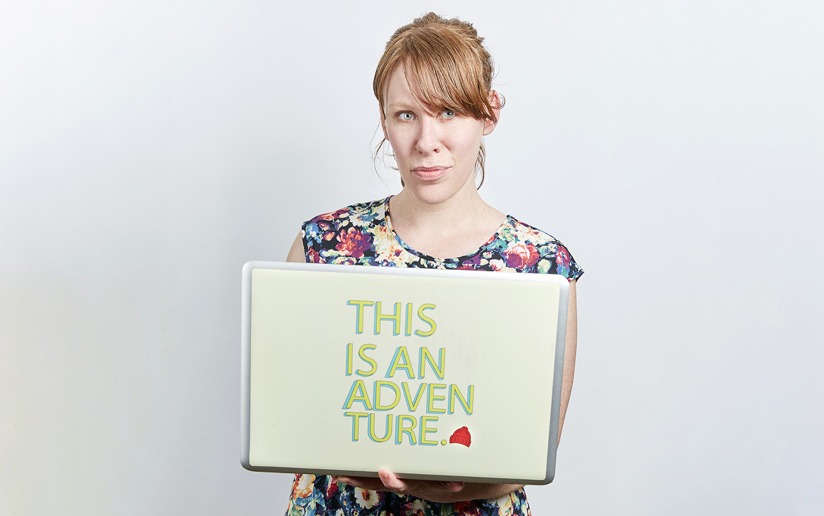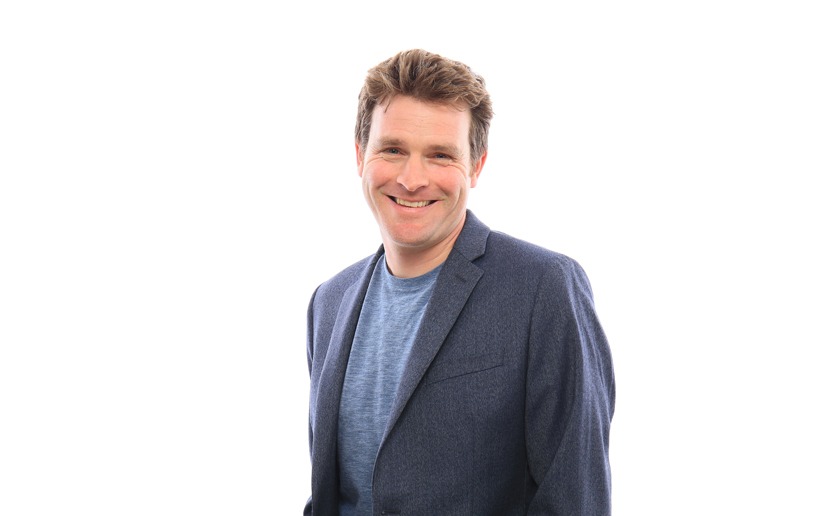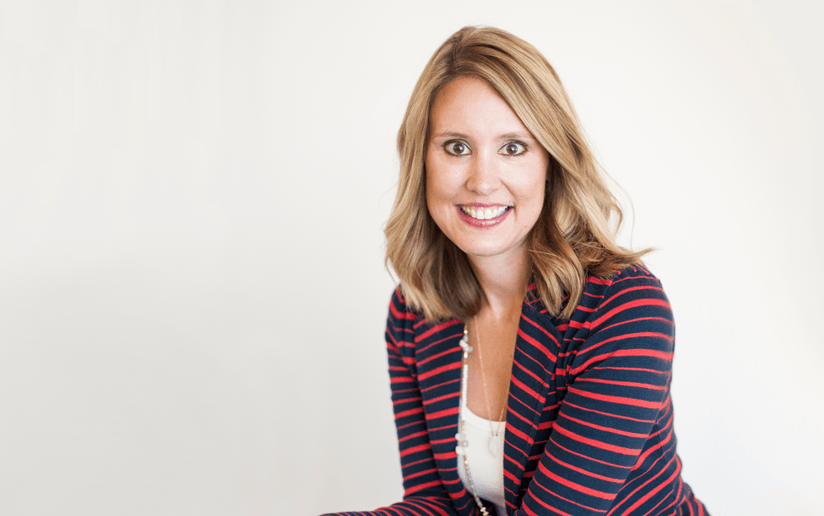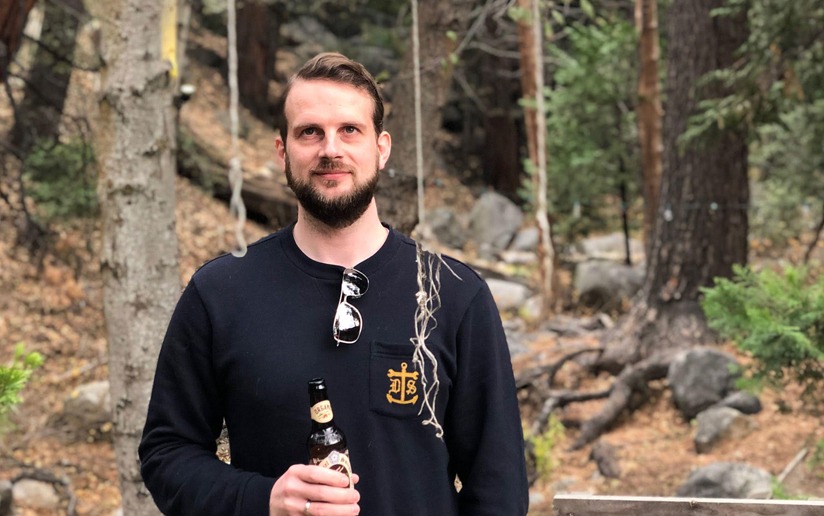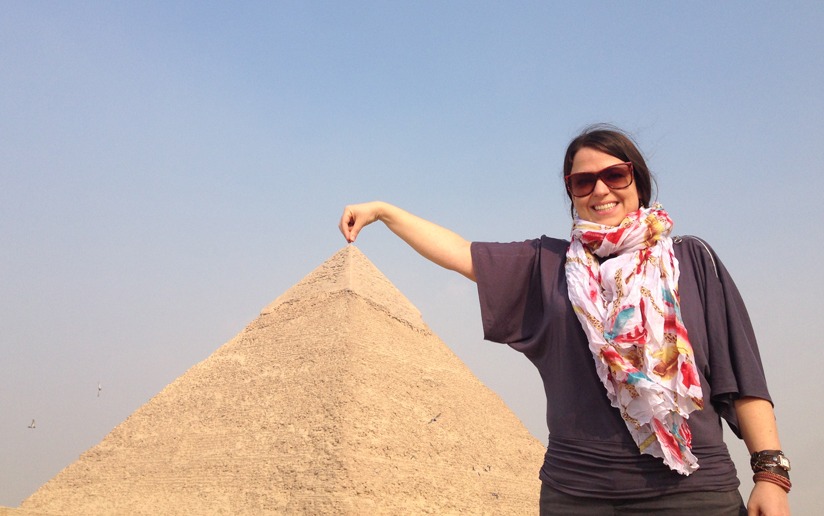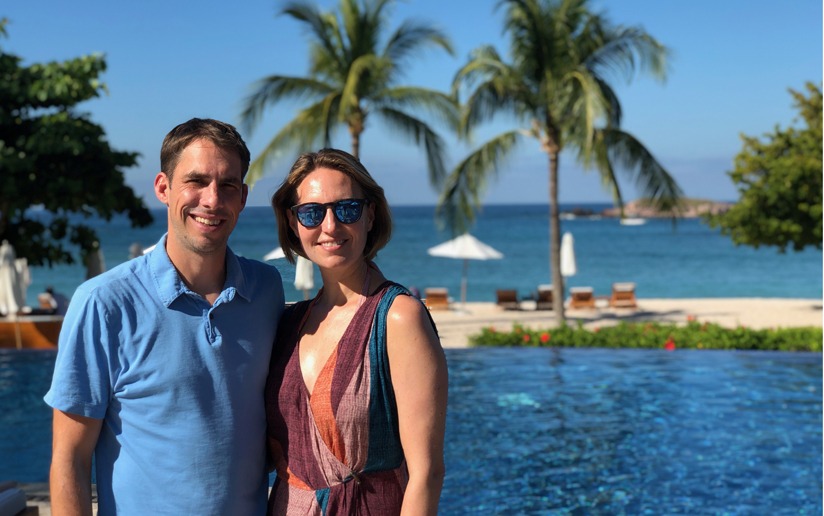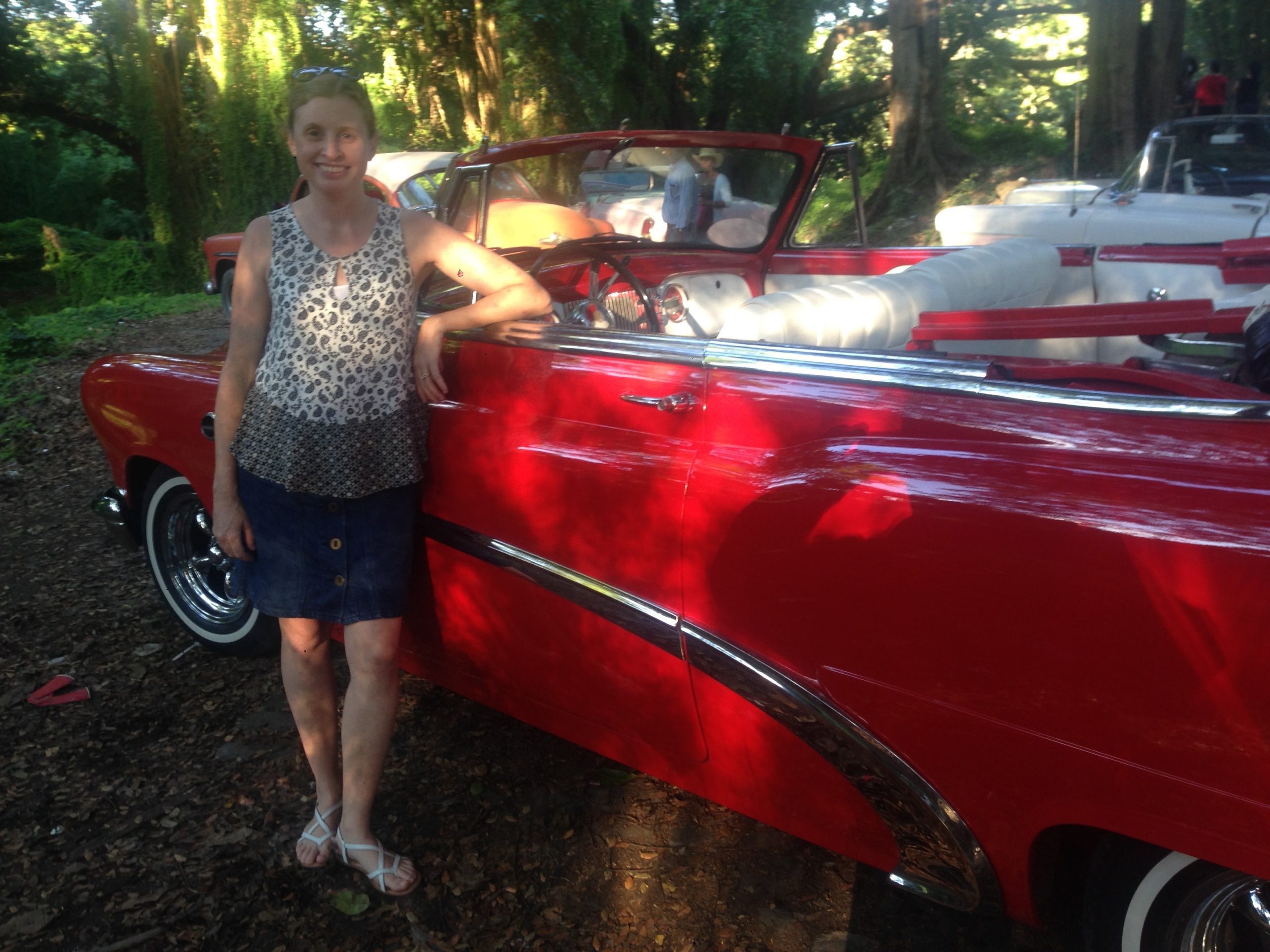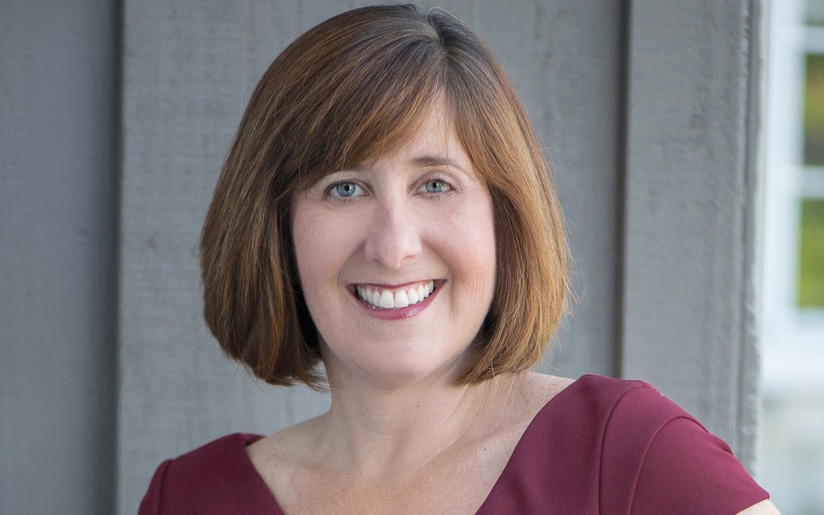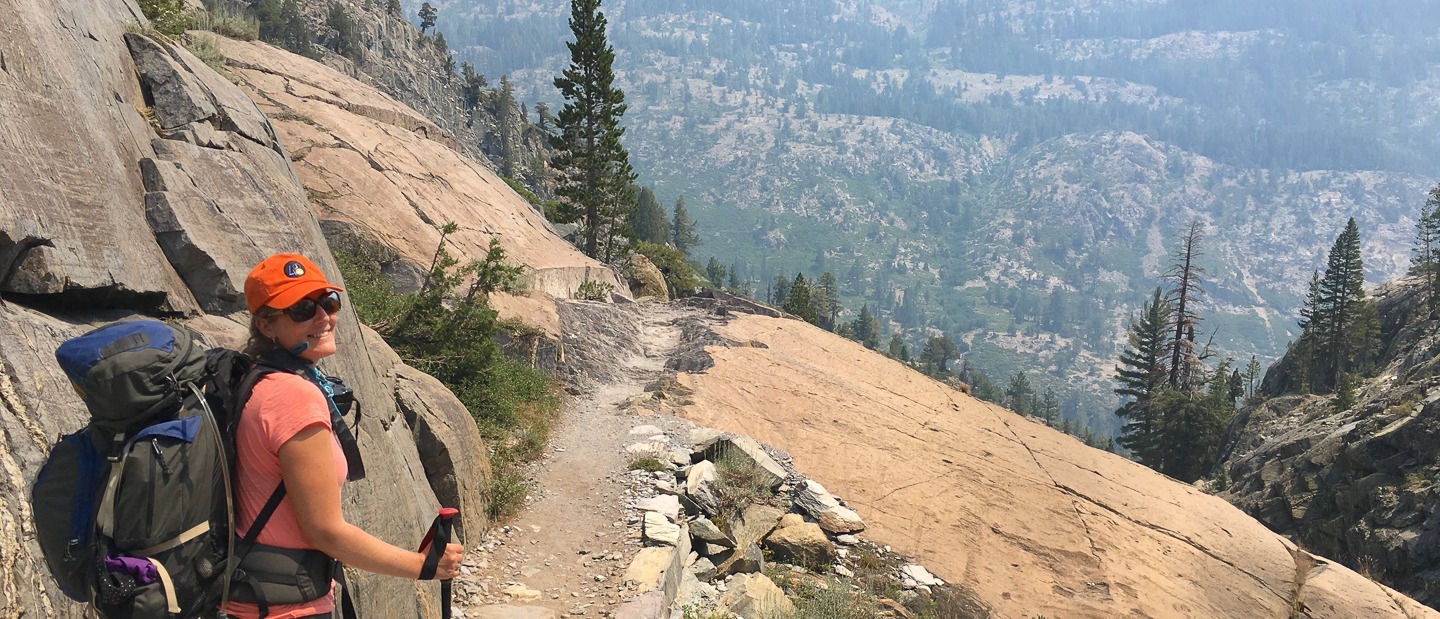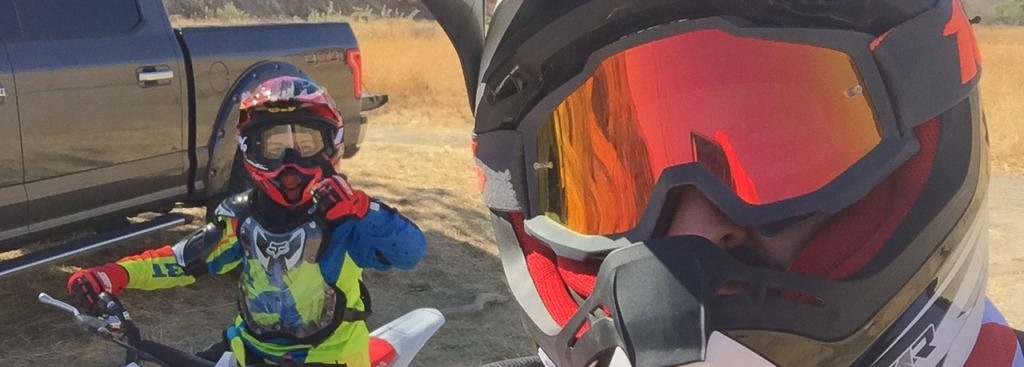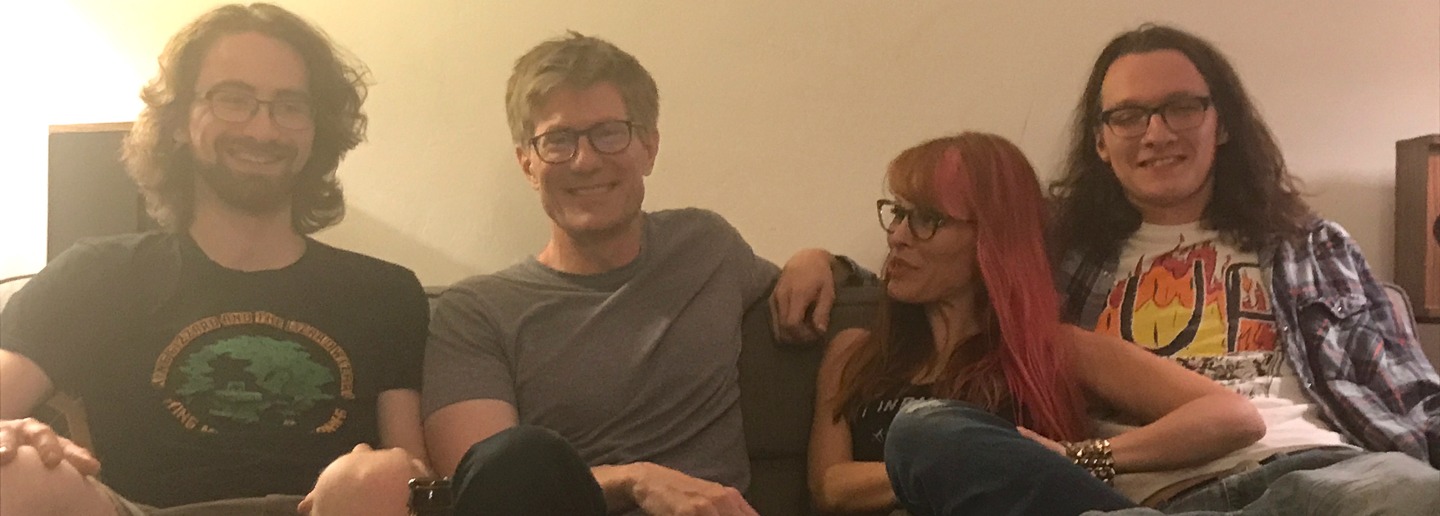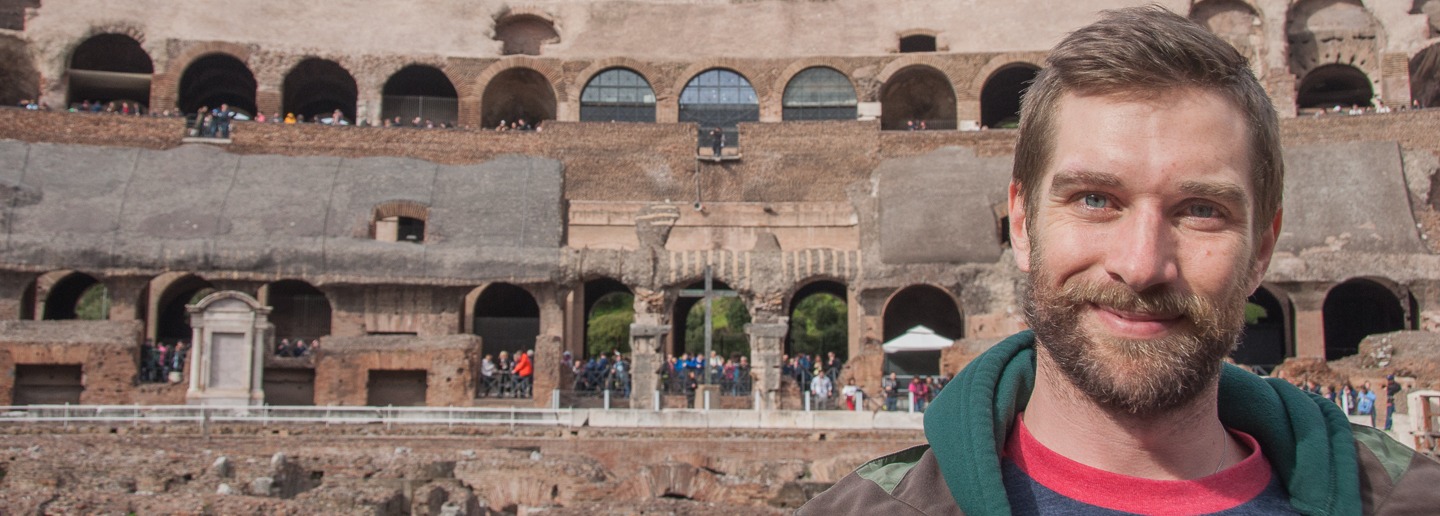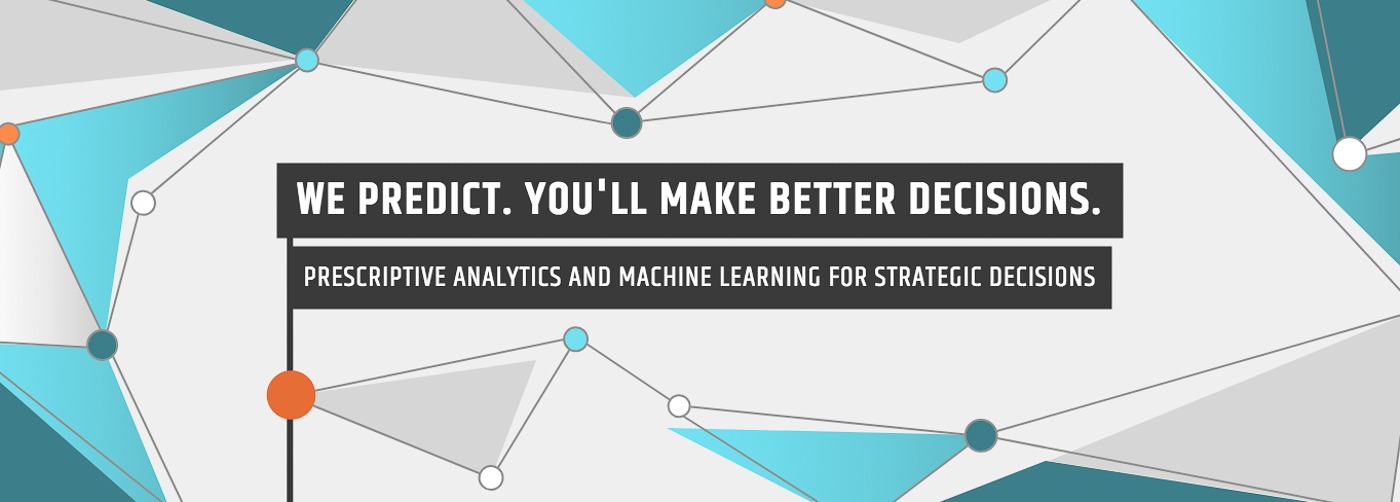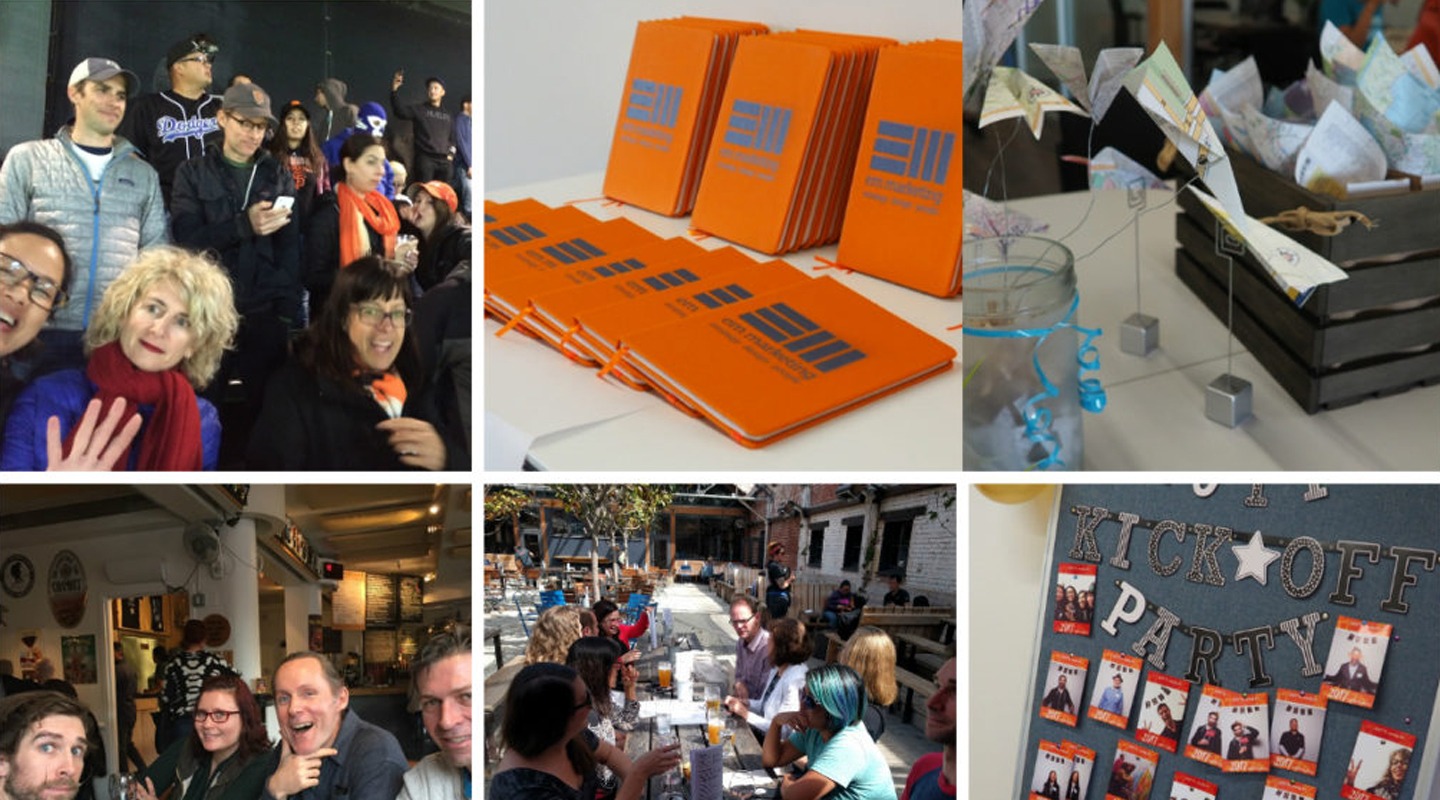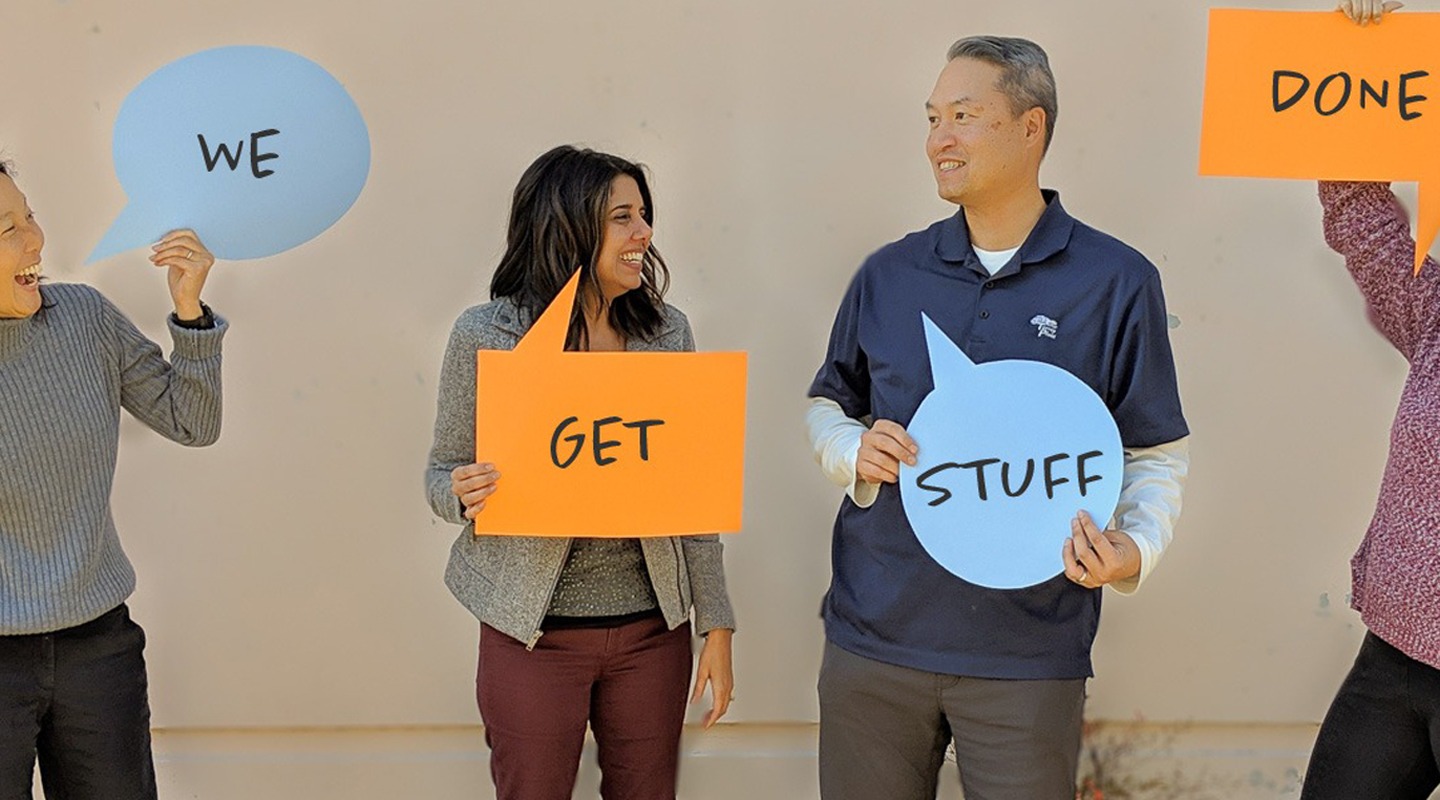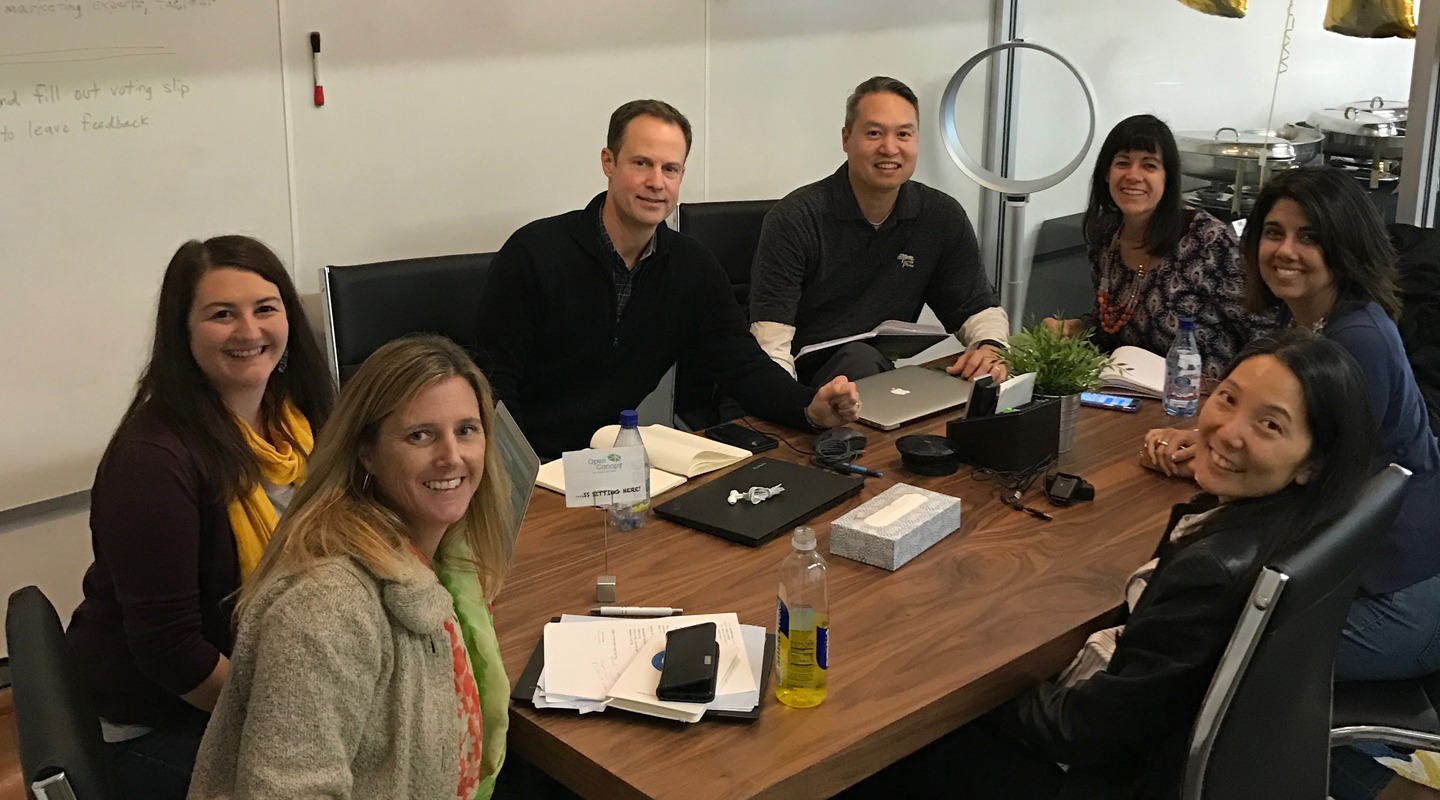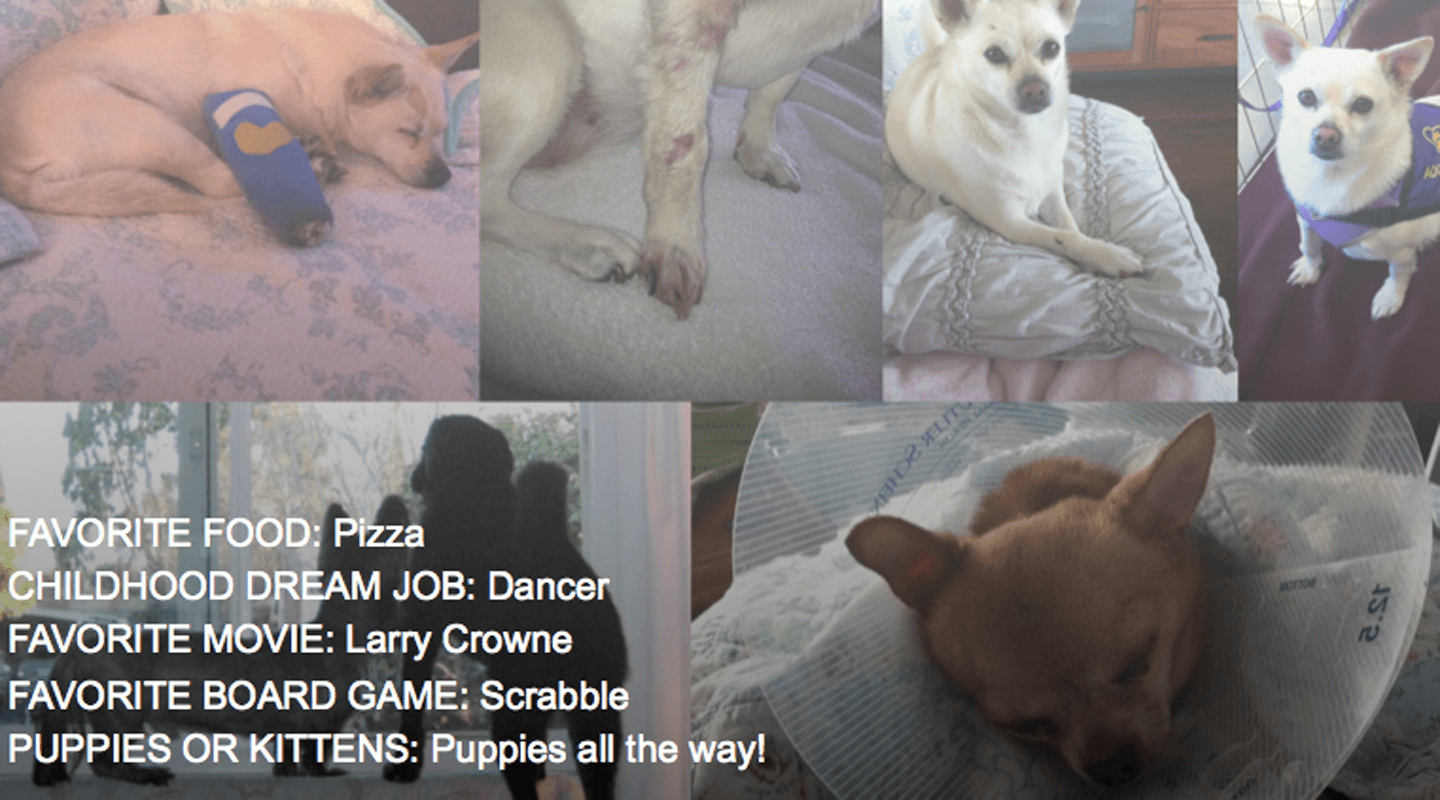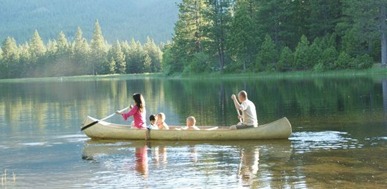
Launching Products and Chasing Storms: Meet Jim Conley
August Consultant of the Month
What are you currently working on?
Jim’s Keys to Success
- Self-taught marketable skills
- Entrepreneurial spirit
- Learning as much as possible on the job
- “Get it done” mentality
- Internal networking
I work for Intuit, primarily on QuickBooks and TurboTax. After 18 months of contract work, I take a required three-month leave, which is what I’m doing right now.
Prior to consulting, I was a product manager there for nine years and left to take some time off. Several months later, a former colleague called to see if I would consider coming back to do project work, as they were interested in my domain knowledge in payment processing. I took the leap and have been a contractor with Intuit for over five years now. I bring extensive Intuit experience to the table.
I stay there because of the people, some whom I have worked with when I was an employee. The Intuit culture also really appeals to me: we have camaraderie and mutual respect for one another.
Where do you work?
I’ve worked remotely for Intuit most of my career. For a time, I lived in Charleston, South Carolina, working with a team in their Cambridge, Massachusetts office. Then they wanted their employees on site so I moved to Boston to be with the team, but the office was shuttered in 2015. After some life changes, about a year ago I moved to Vermont. It’s my happy place. I love New England – the weather, the quirky nature of people here, and the whole vibe.
What was your favorite project to work on or work you are most proud of? Why?
I’m proudest of what was probably the most challenging project I’ve worked on. It was the first time Intuit had taken a bold step on transitioning customers from one product to another. If they didn’t opt into the new experience, we had to seamlessly transition them back to the original product. They asked me to “jump in and be the wizard behind the curtain to ensure it runs smoothly and things get done.”
Just like that, I became the operations manager on a project that I had very little understanding of. The runway was incredibly short – launch within 30 days, with me starting from square one. Fortunately the development, product management, and marketing teams had all been working together several months prior.
I really struggled. I had spells where I couldn’t eat or sleep. I leaned into it and I asked people at Intuit for help. They pointed me in the right direction, and thankfully gave me the support I needed along the way. A few weeks into the project, we became a cohesive, well-oiled machine. It went from utter mayhem to everything suddenly making sense.
I worked on that project for several months to completion. Intuit reached their goal and met success metrics. I was happy with that. But I was also a little sad that it came to an end because the people that I worked with and the support system I had was fantastic.
What path did you take to become a consultant?
After high school, I didn’t want to pursue a four year college degree. I opted out against my parents’ wishes. They were very concerned about me and my future, rightfully so.
Instead, I got my start in the world teaching myself how to do web design, HTML and JavaScript. If I broke something, I taught myself how to fix it, and even ran a computer repair business on the side. I got a job doing website design for a local merchant services company. I remember looking at the job listing not knowing exactly what they did. I learned as much as I could about merchant services, but they turned out to be an unscrupulous company, so I moved on.
From there, I created MerchantSeek.com, a merchant account provider search engine. It was novel at the time. I wrote articles that educated small businesses about credit card processing and why they needed it, but did not tell them who to pick. I made money on referrals and from advertising. I ran it for seven years then sold it. It’s still out there in some permutation.
Then I did sales for the Electronic Clearing House’s credit card and ACH processing products. I’m not a sales guy at all. But I did enjoy receiving feedback from customers and tossing it over a wall hoping somebody would improve the product. Eventually they asked me to write out product requirements and manage a team of developers, and that’s how I got into product management.
“[Consulting] fits well with my personality to stay focused, methodical, and meticulous to get things done. I also like the breadth and depth of projects I’ve worked on – some were easy; some were challenging and helped me grow.”
Intuit acquired them in 2008 to add ACH check processing services to the product lineup and that is how I got into Intuit.
What do you love about consulting?
It fits well with my personality to stay focused, methodical, and meticulous to get things done. I also like the breadth and depth of projects I’ve worked on – some were easy; some were challenging and helped me grow. I could take the learnings and transfer them into other projects. That really helped build my confidence and courage, personally and professionally. I love the consulting world through and through, and would not consider going back to being an employee.
What has been your biggest challenge about being a consultant? How have you addressed it?
Trying to find that next gig can be challenging. About a month before my contract expires, I reach out to my contacts at Intuit to see if there are any upcoming projects. I let them know when I’ll be eligible to come back. I try to prime the pump, if you will, to get them thinking about where they might be able to fit me somewhere. Sometimes it’s hard because they’re either mid-project or the project doesn’t start for a few more months. Somehow, it always works out.
How do you market yourself?
Everyone creates a brand for themselves. I had two brands at Intuit. One I kept – the “get-it-done” guy. I jump in and you can trust me. If I have questions, I’ll ask.
The brand I’ve dropped – the “always on, always available” guy. When I was working in Intuit’s Boston office, I would be on calls at 1:00 AM with India, then up early the next day to keep things moving. People could count on me to respond to messages immediately. I wore that as a badge of honor, but I was burning the candle from both ends for too long, and I burned out.
It affected my marriage at the time. It affected my quality of life, my home. When I took a step back I thought, “I don’t really like that about myself.” That’s when I decided to do a paradigm shift and reclaim my life. I decided to take time off. I had no plans. I really enjoyed that time to rewind and get my bearings.
Intuit is a large enough company that it can serve as my marketing engine for the “get it done” guy. I keep in touch with key contacts there, and if they don’t have a project, they reach out to other parts of the company on my behalf and say, “Hey, we’ve got this dynamic guy who’s been fantastic. We would really like him to work on our projects, but we don’t have anything right now. He’s going to do great things for you guys.”
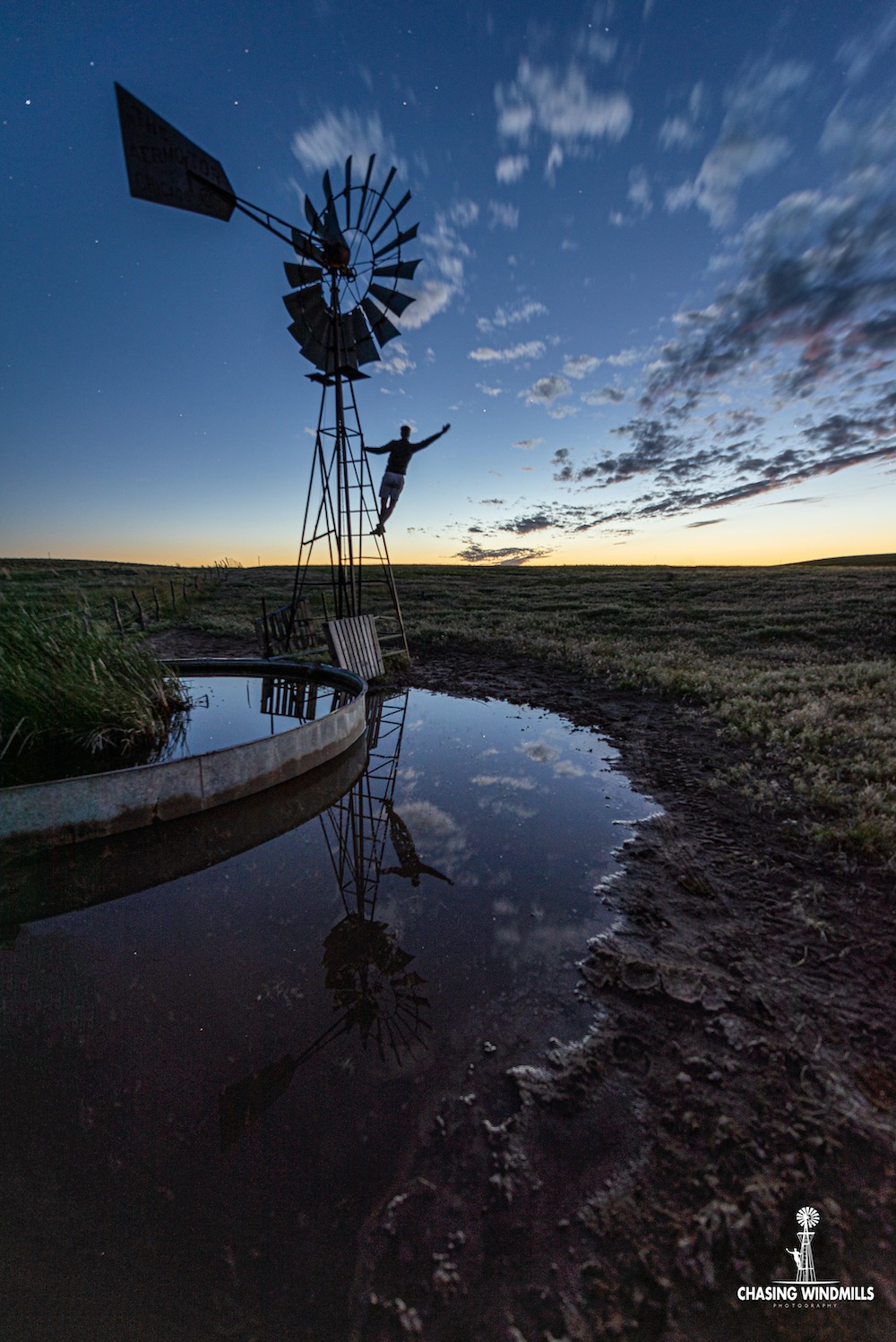 Credit: Chasing Windmills Photography
Credit: Chasing Windmills Photography
What are the things you like to do when the work slows down?
I believe in a “work hard, play hard” concept. I love to go hiking. I love traveling to obscure places, including a once-in-a-lifetime experience in Antarctica. The pandemic has definitely thrown a wrench into that. I had planned two trips – one to Nepal to hike to the Mount Everest base camp, which had to be canceled.
The second trip was to go storm chasing, which I do every year. I’m a meteorology junkie and a bit of a thrill seeker. I just returned from being out in the Great Plains for 11 days chasing storms and tornadoes. Our tour group aims to get close enough to take interesting photos, another hobby of mine. Typically, the golden hours for storm chasing are from 4:00 PM to sunset. The sunset shots are gorgeous, with beautiful oranges and reds behind the supercells.
On the home front, I bought a farmhouse in Vermont that was built in 1810, so there’s always work to do. I’ve got about four acres of land, with a mini orchard of apple trees and every berry you can imagine. I’ve been cutting trees down and chopping firewood. I’d like to clear some land so I can have a small Christmas tree farm. I surveyed my maple trees and would like to tap them to produce maple syrup.
What’s one tip you would give to new consultants?
Don’t be afraid to ask questions. You should never be expected to know everything. Don’t be afraid to lean on others to help you get pointed in the right direction. Be willing to take on those challenging projects that you might be sitting on the fence about. You’ll gain a lot of experience from it that you can put in your consulting tool belt. It builds your confidence that you can do this better the next time around. You can even teach someone else how to do it.
See more of Jim’s amazing storm chasing shots from his 2019 trip and 2020 trip.
